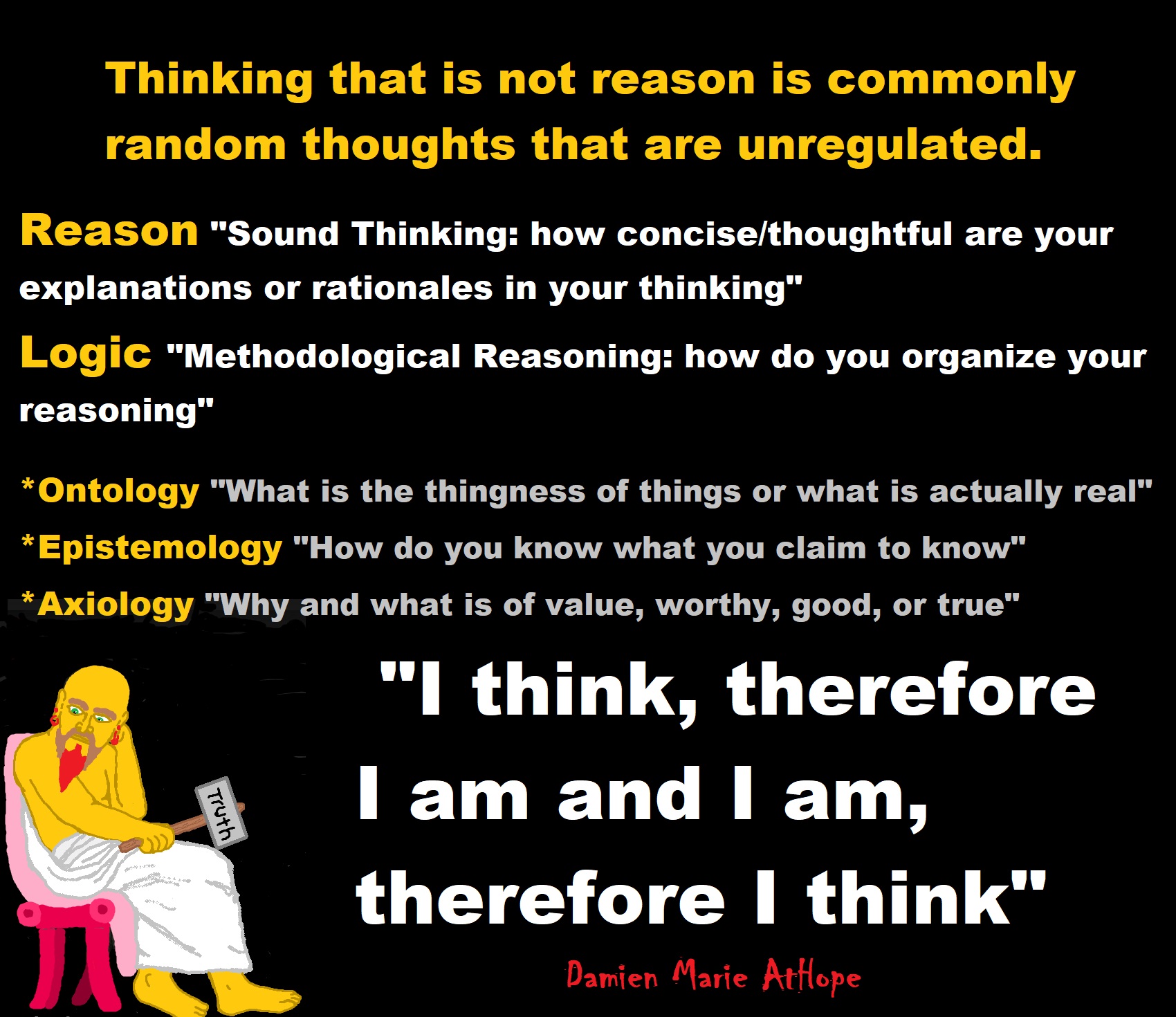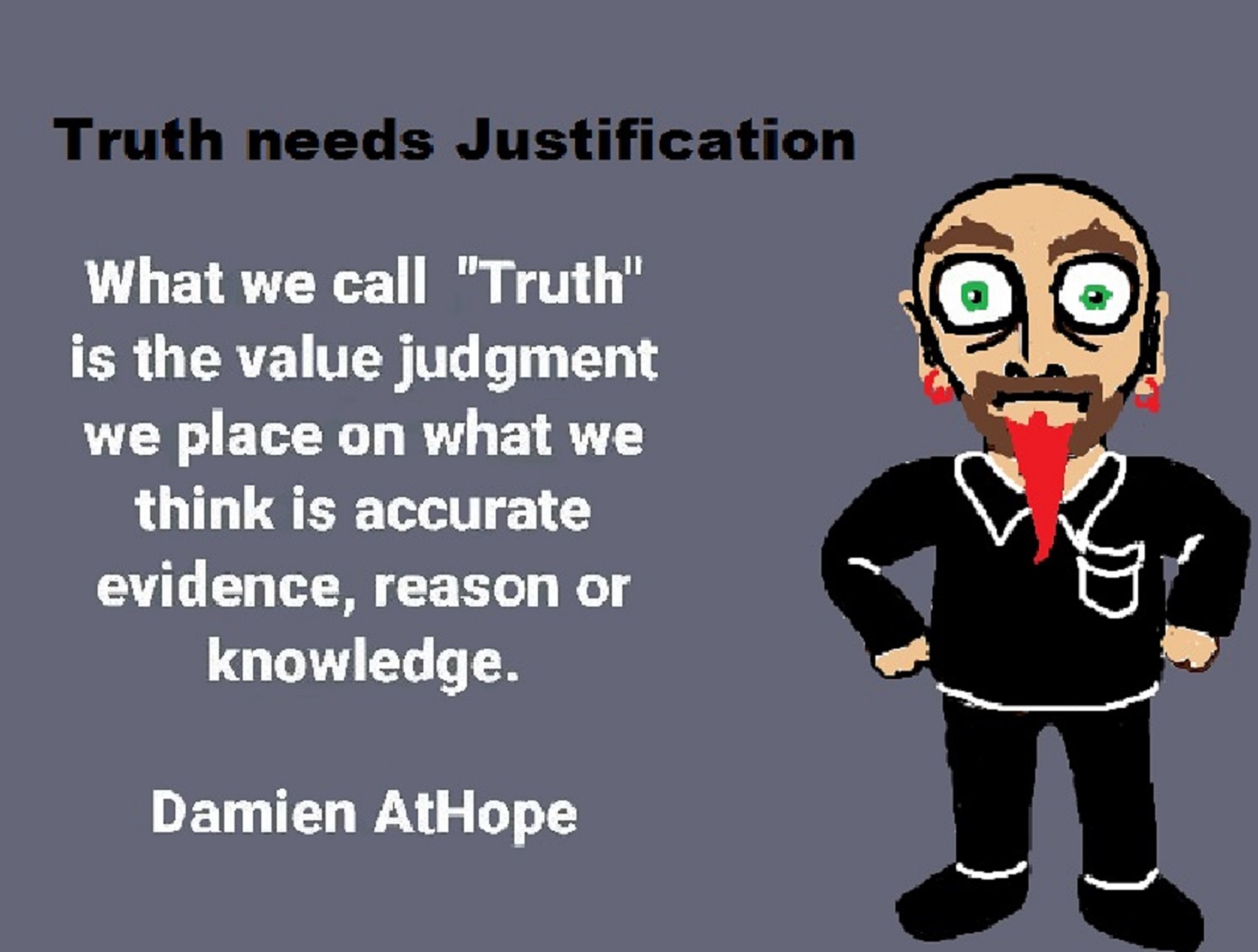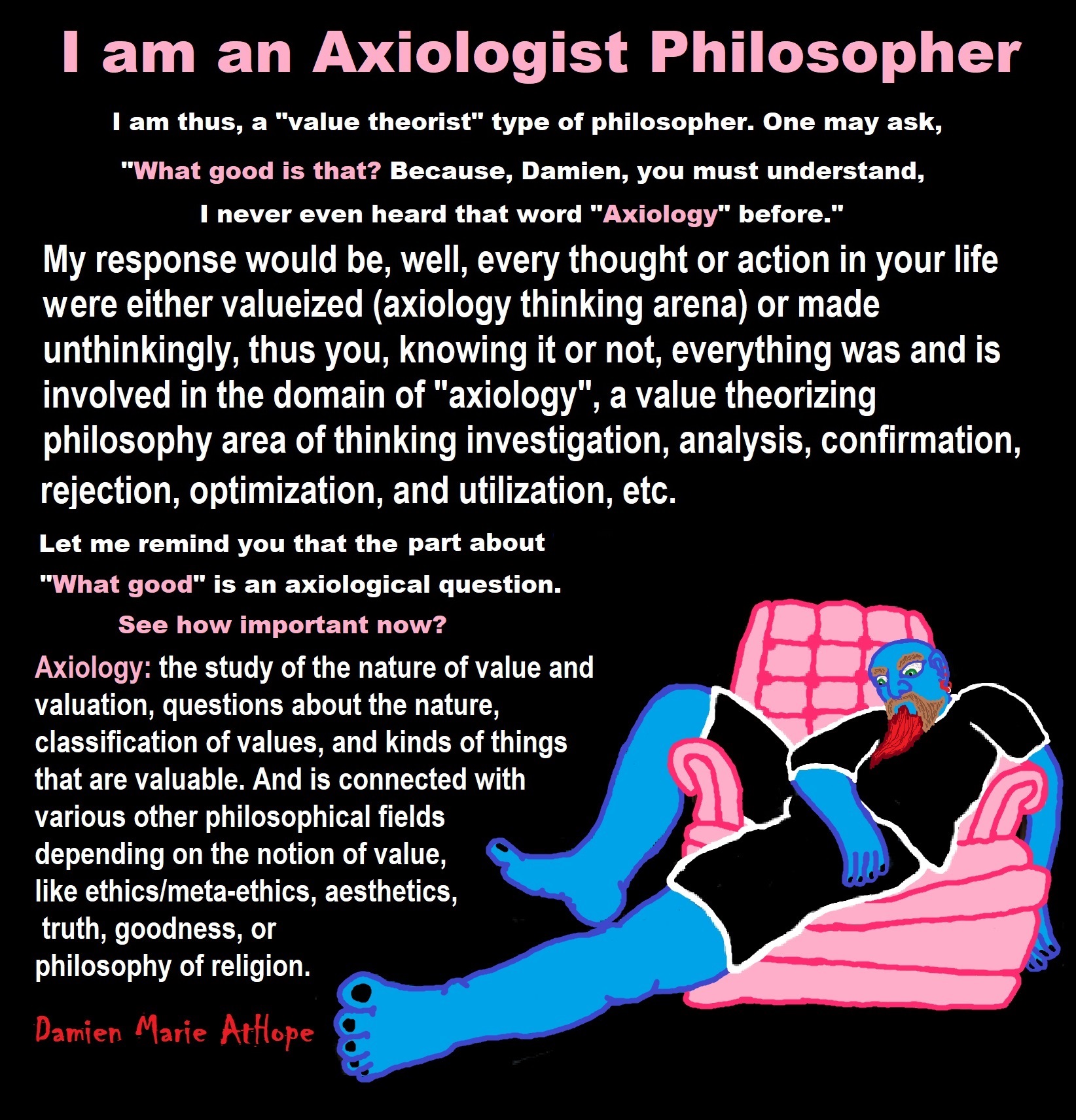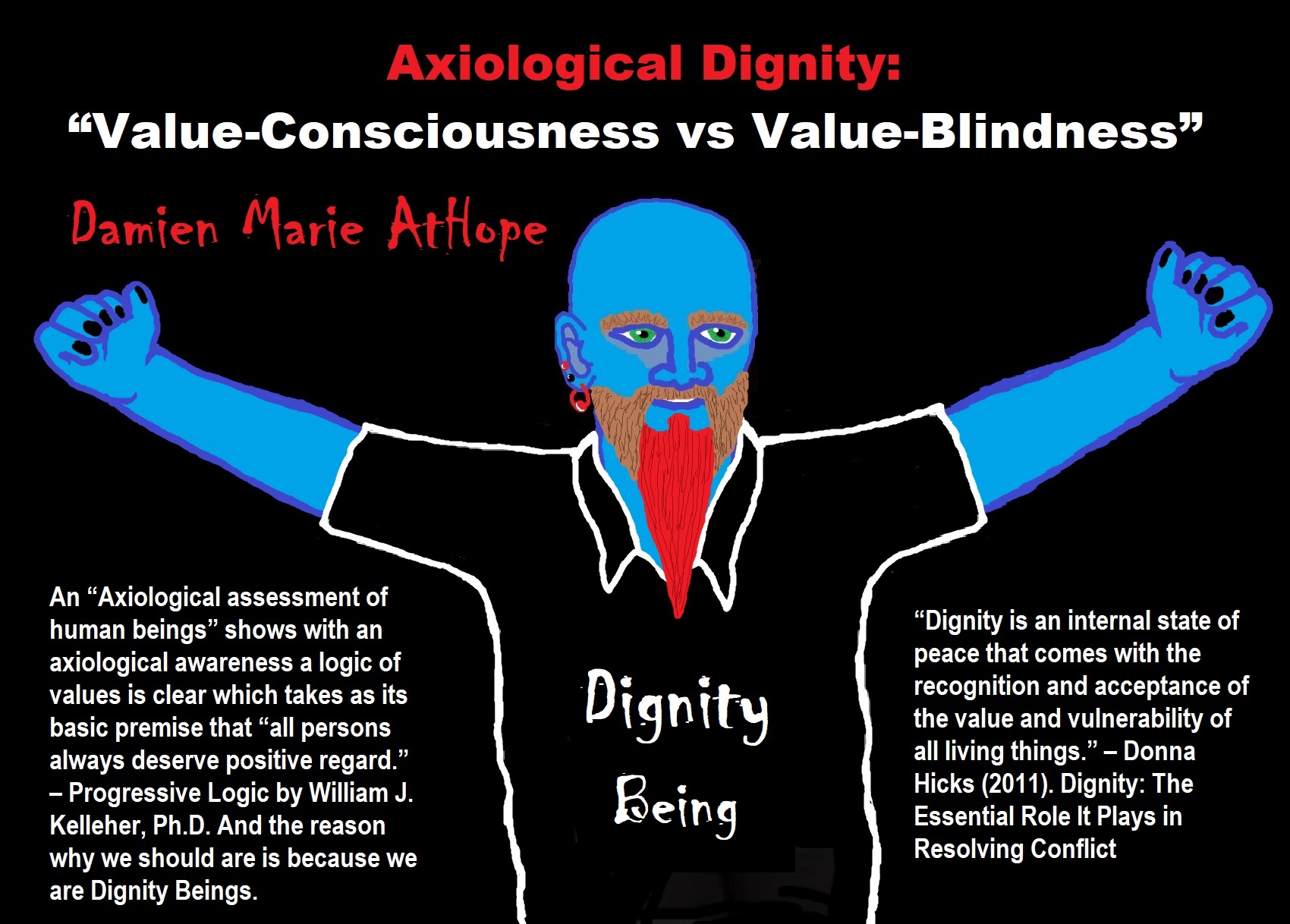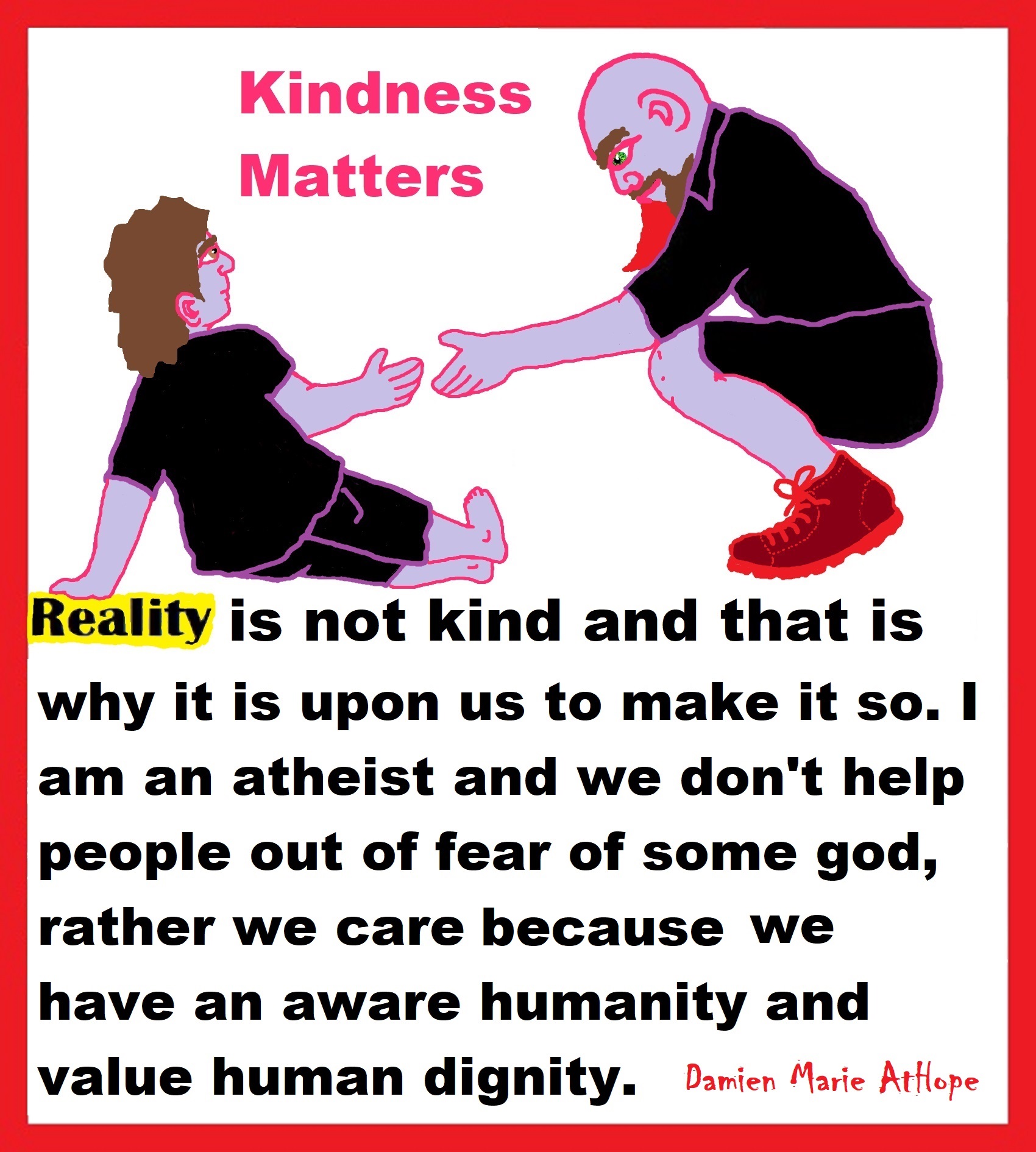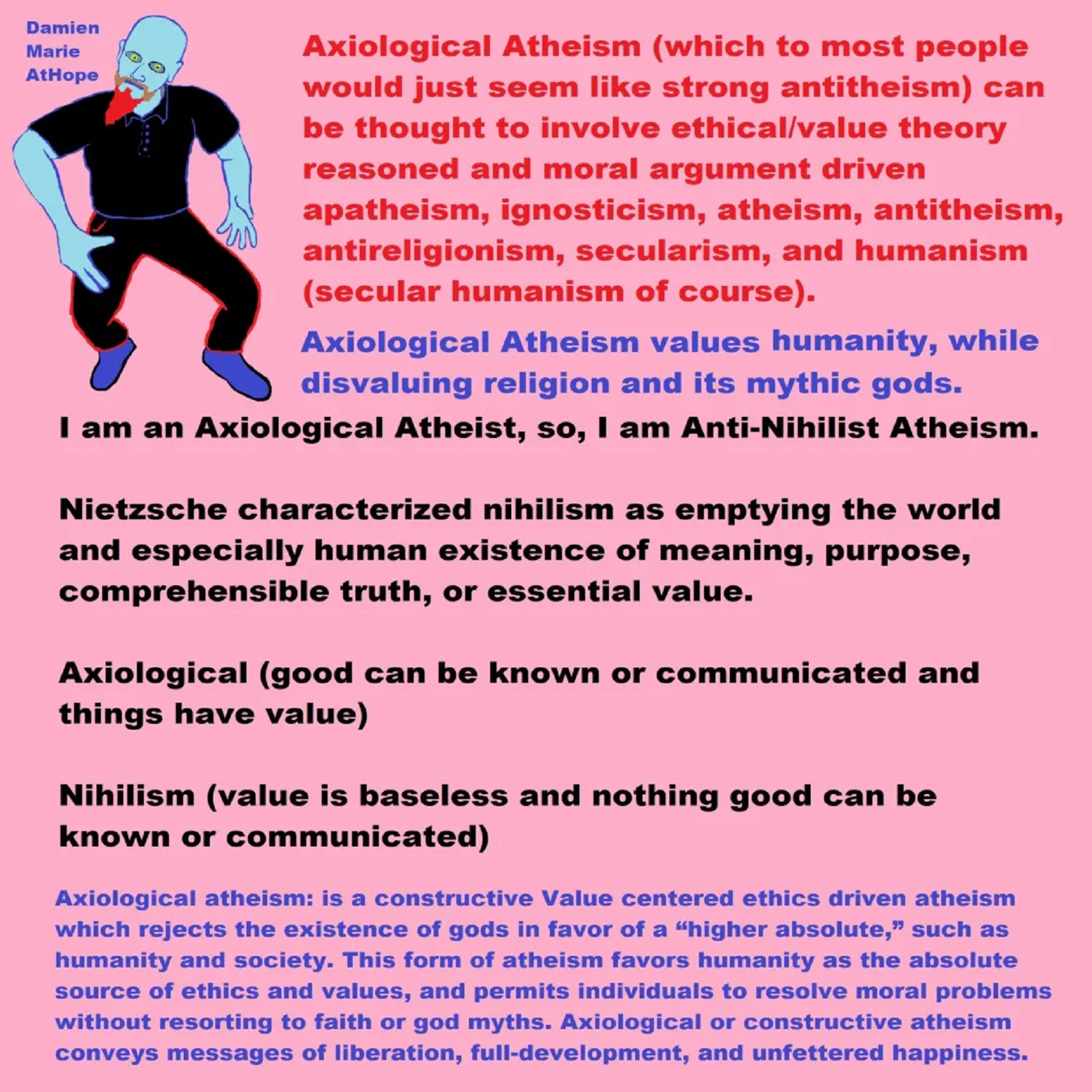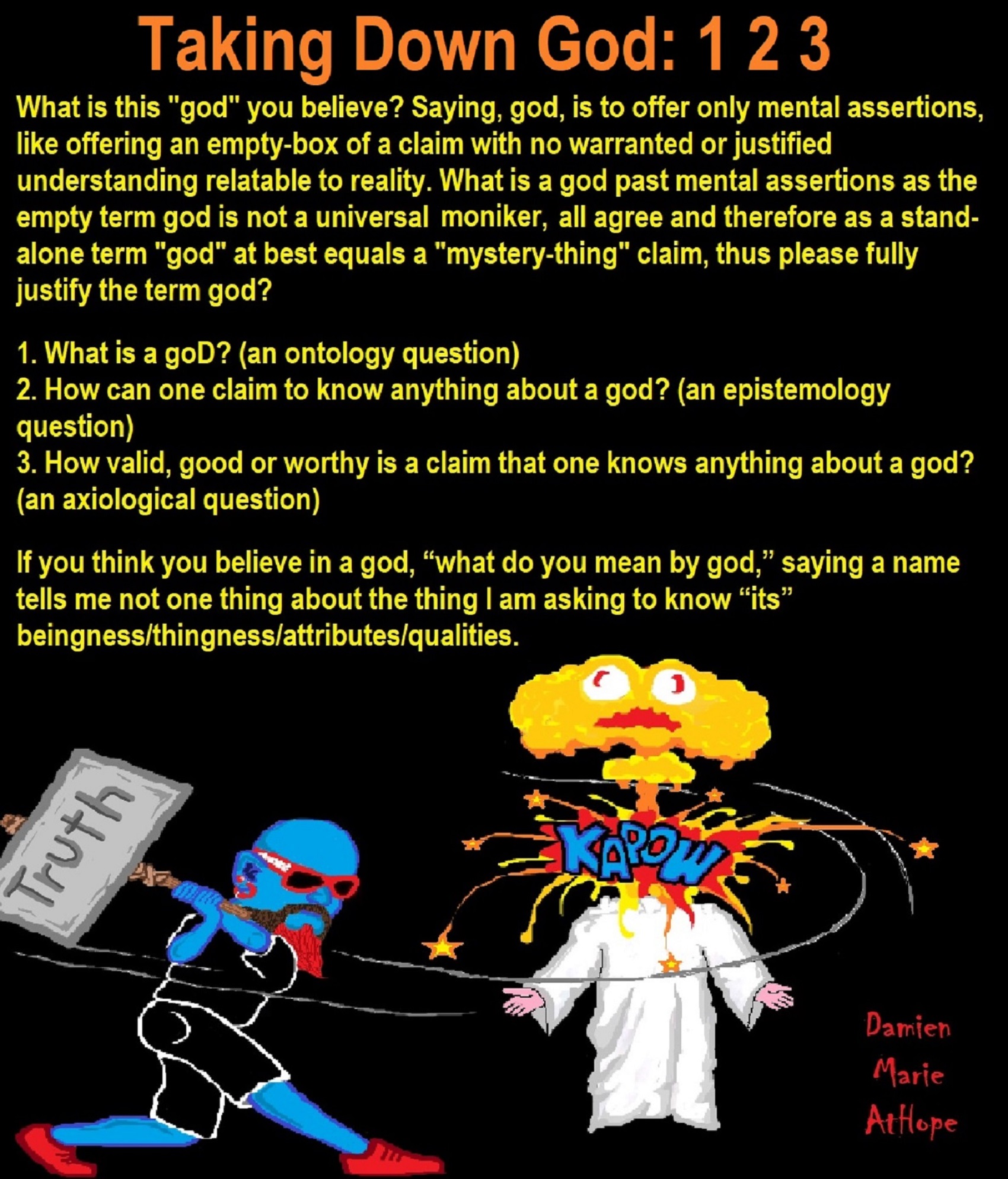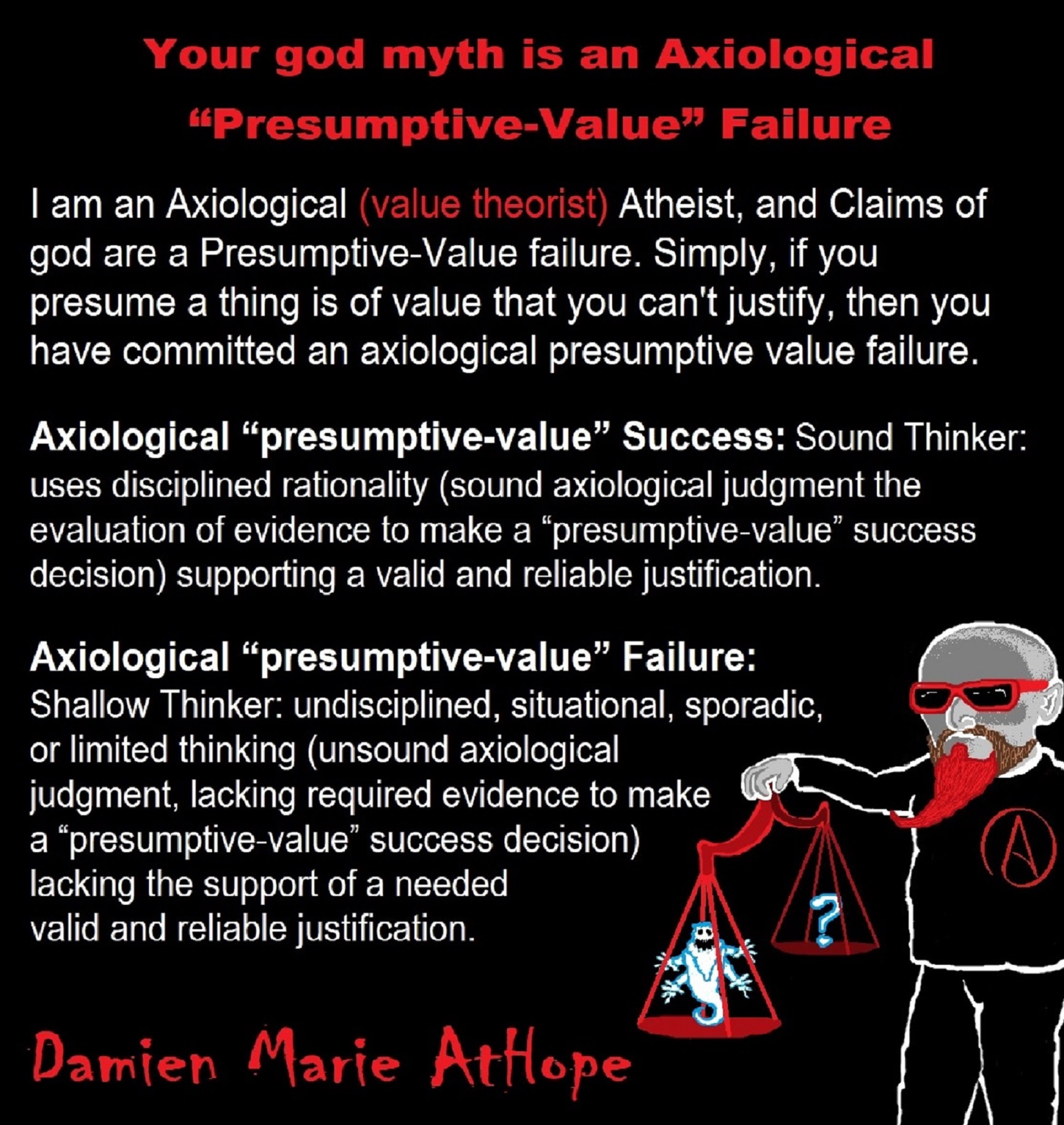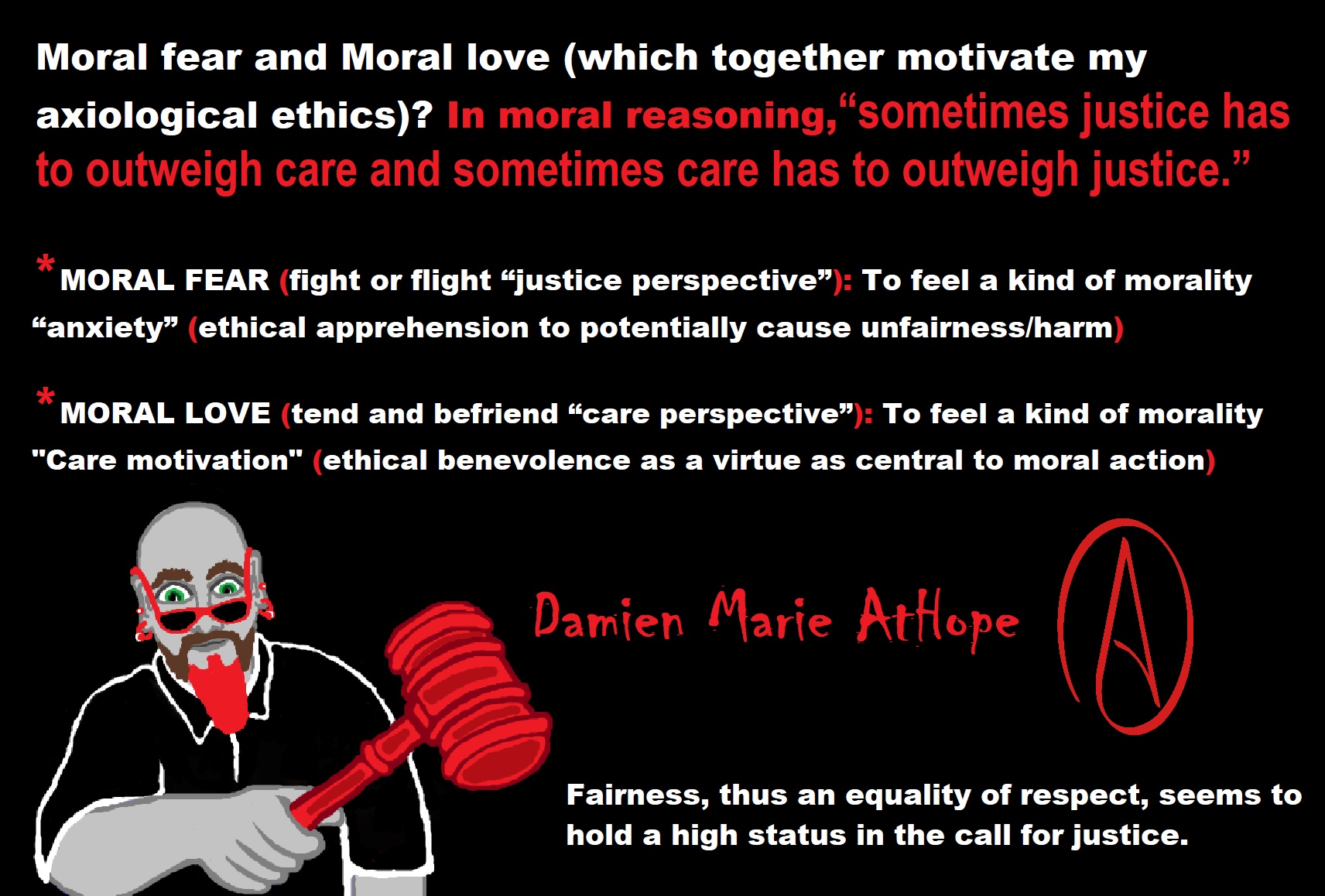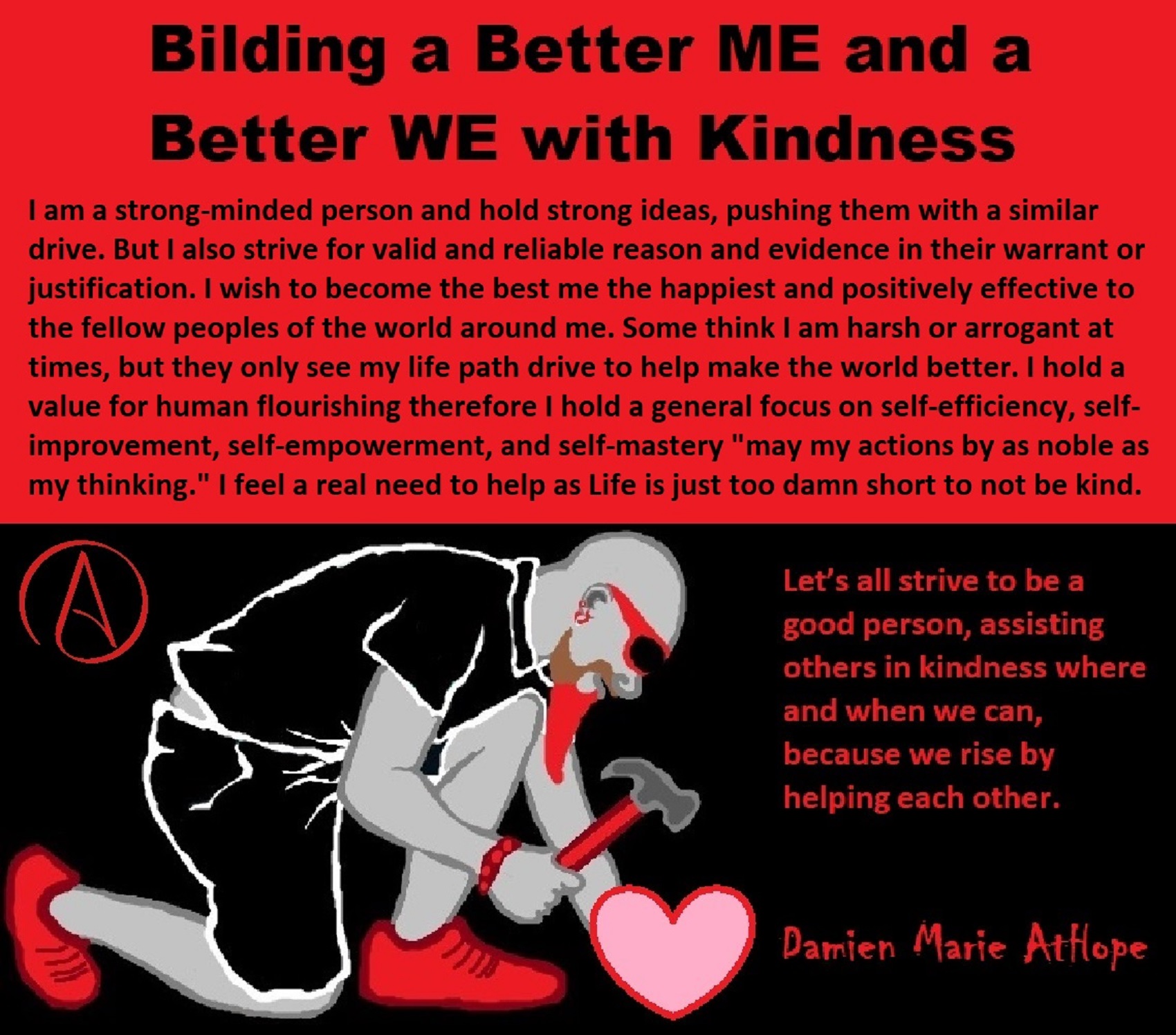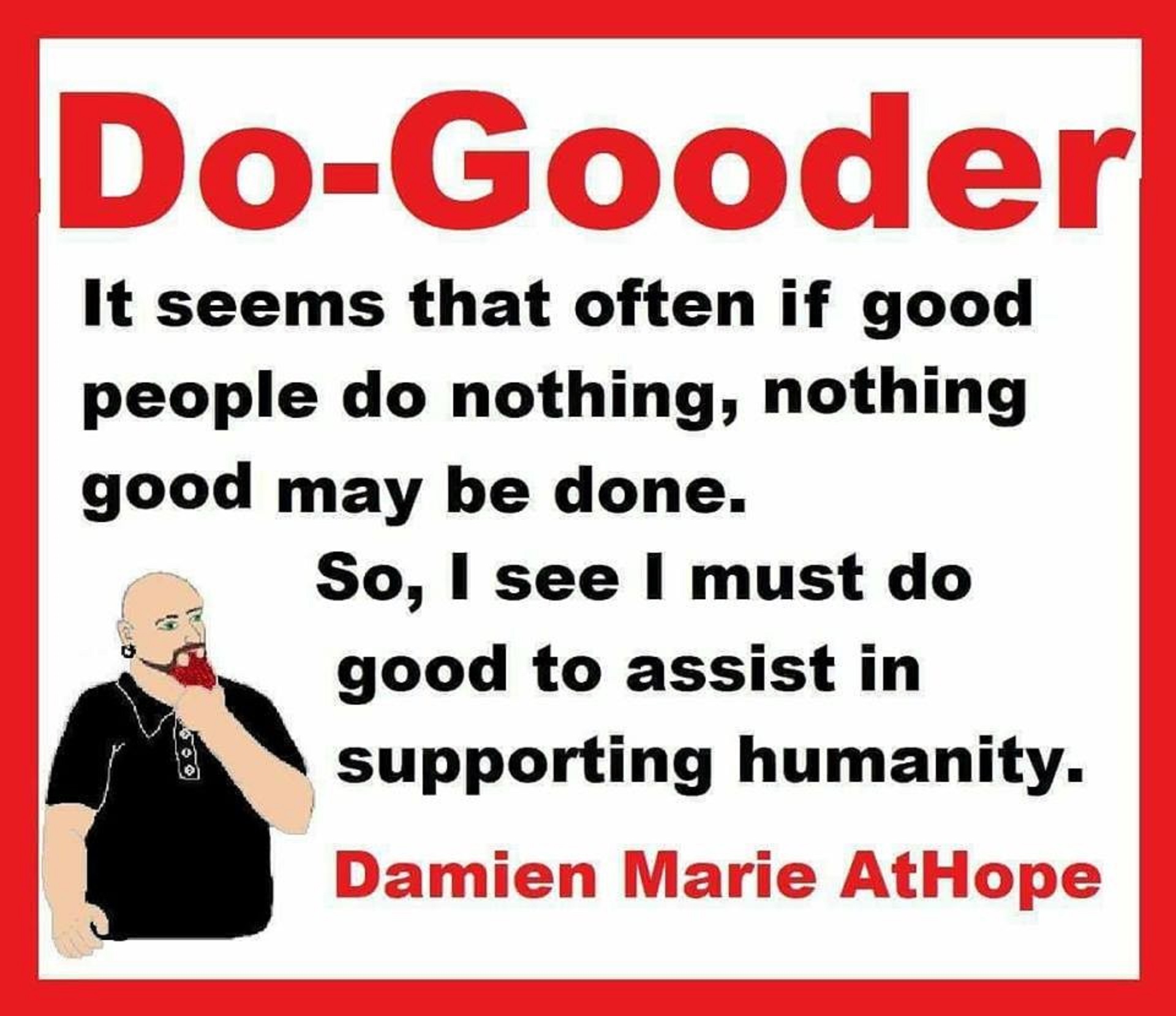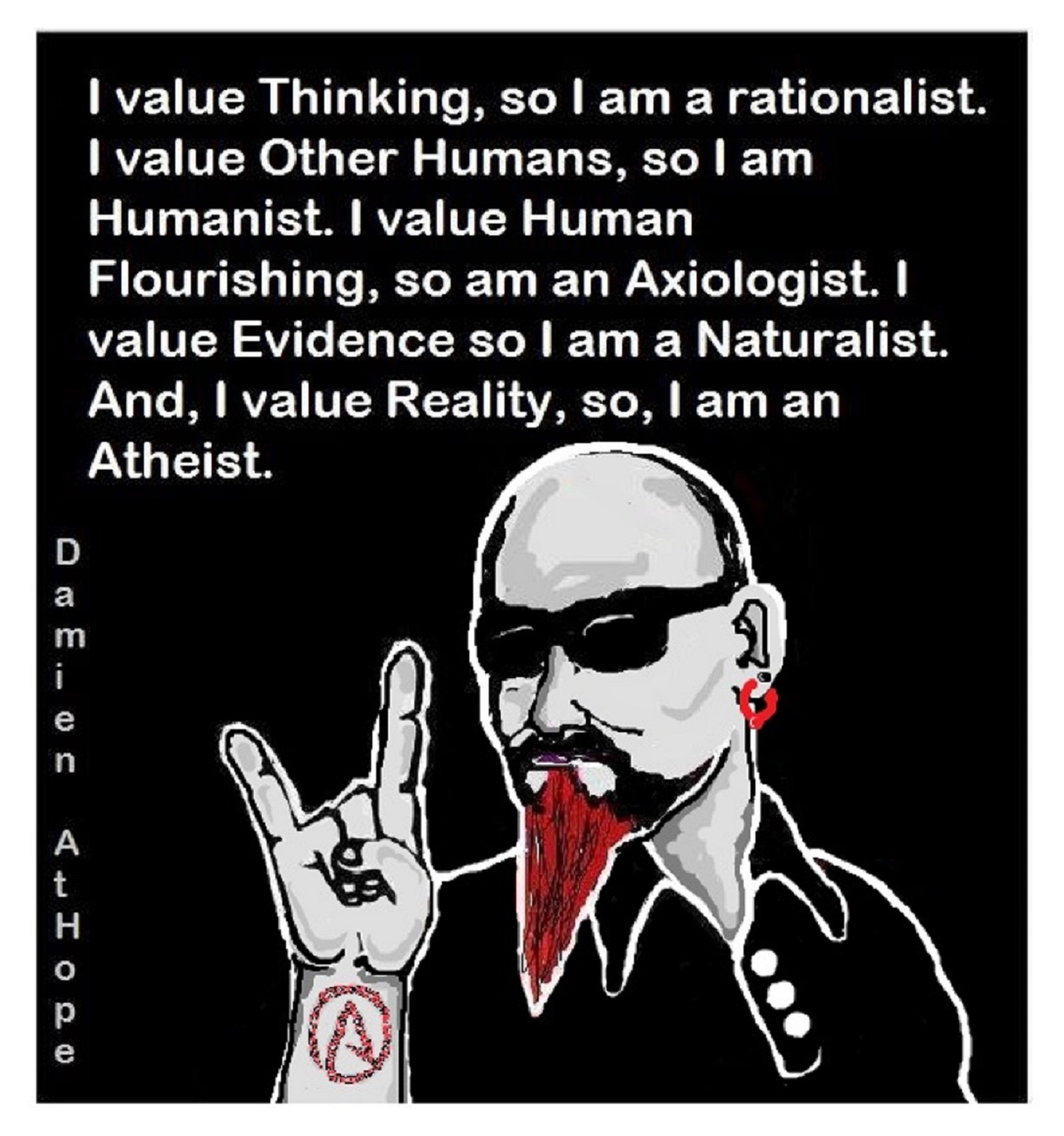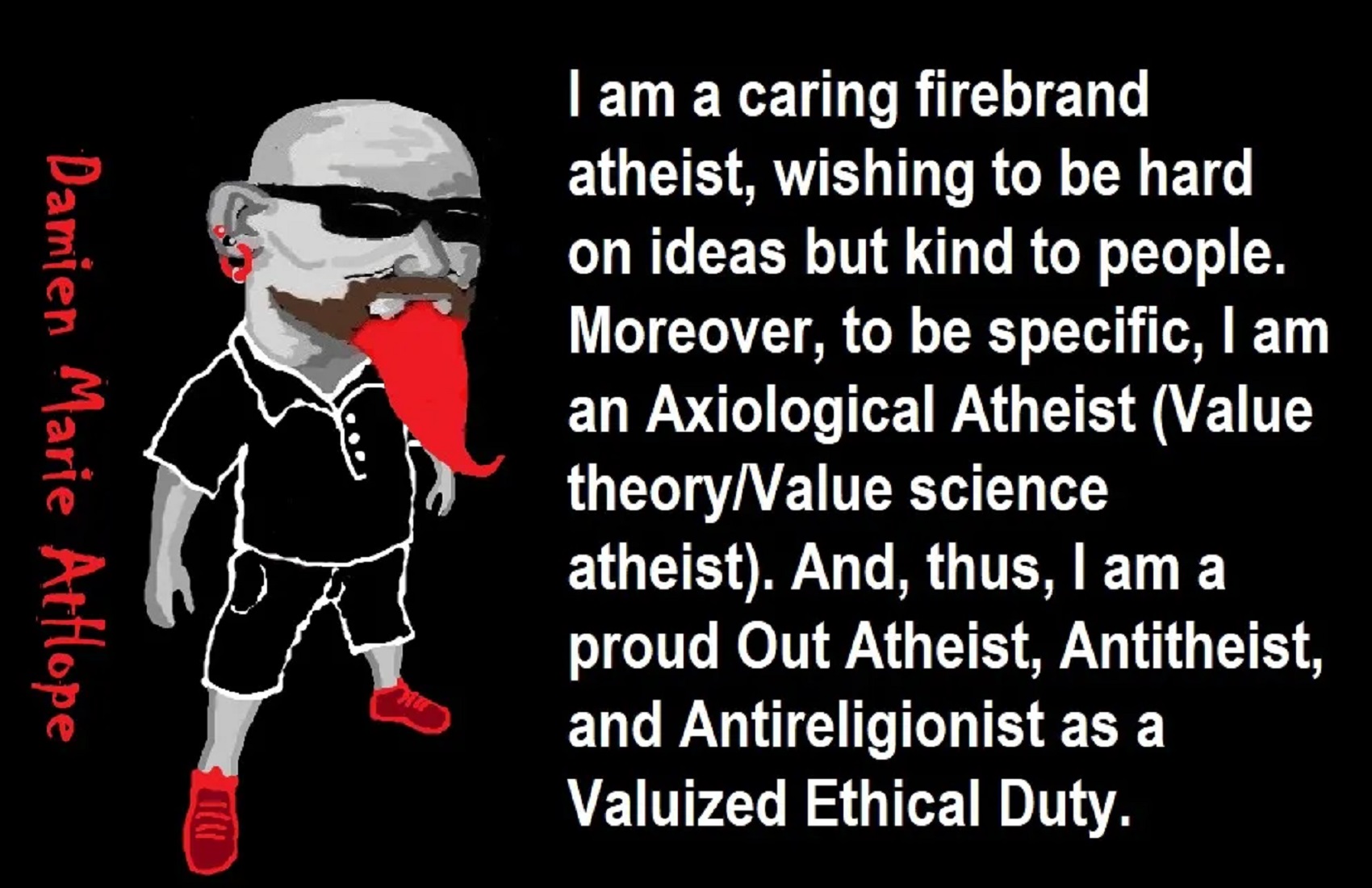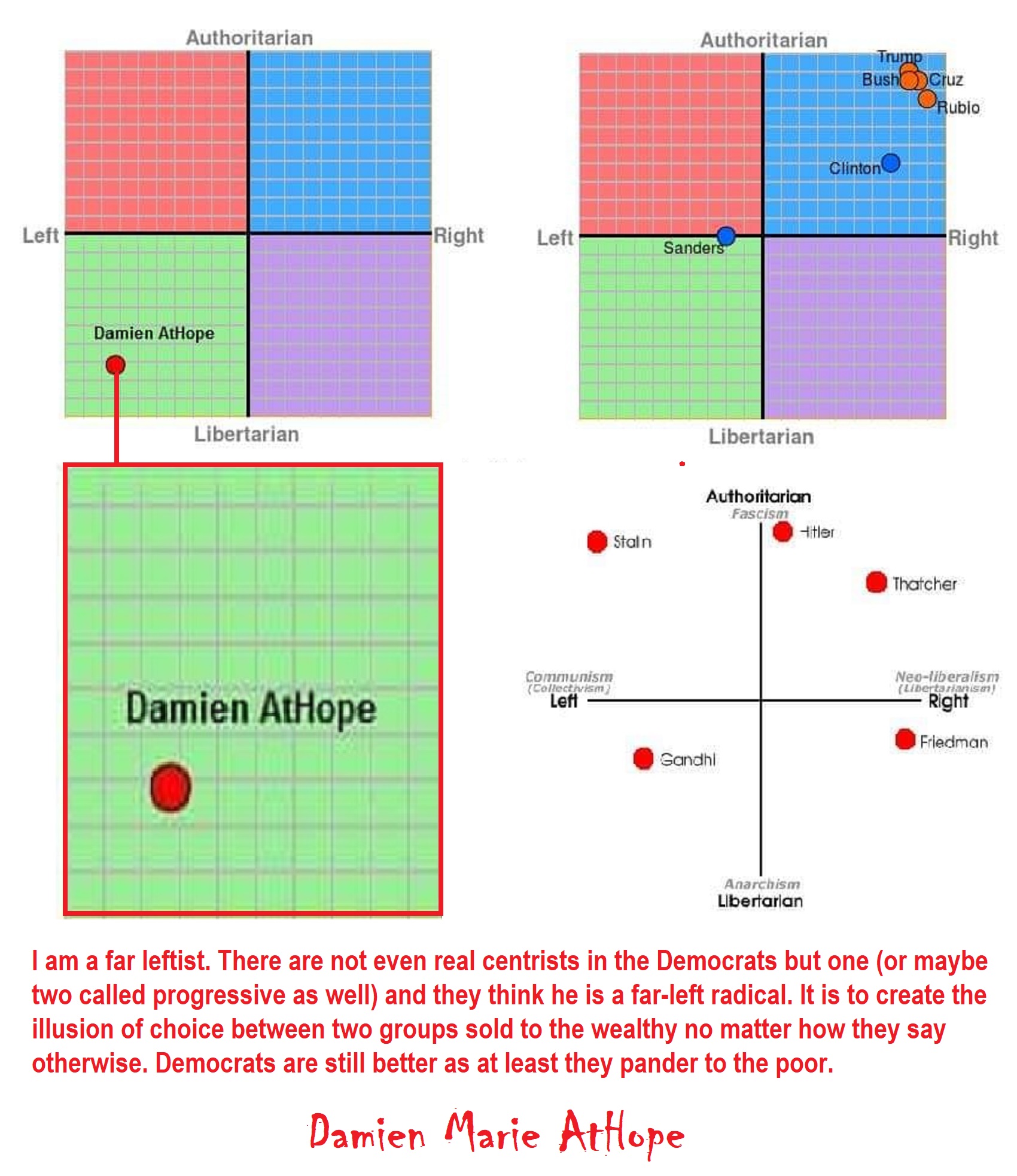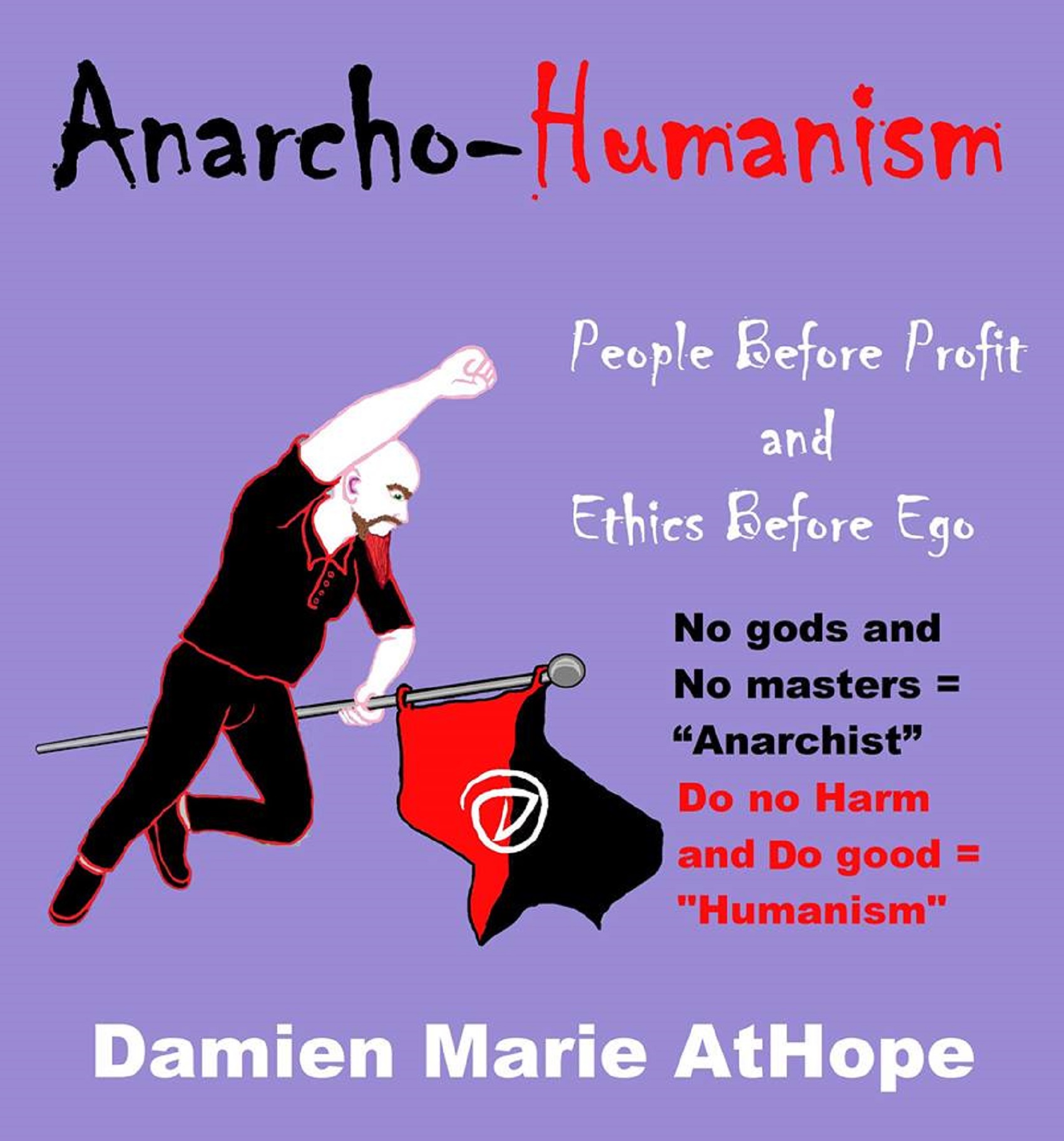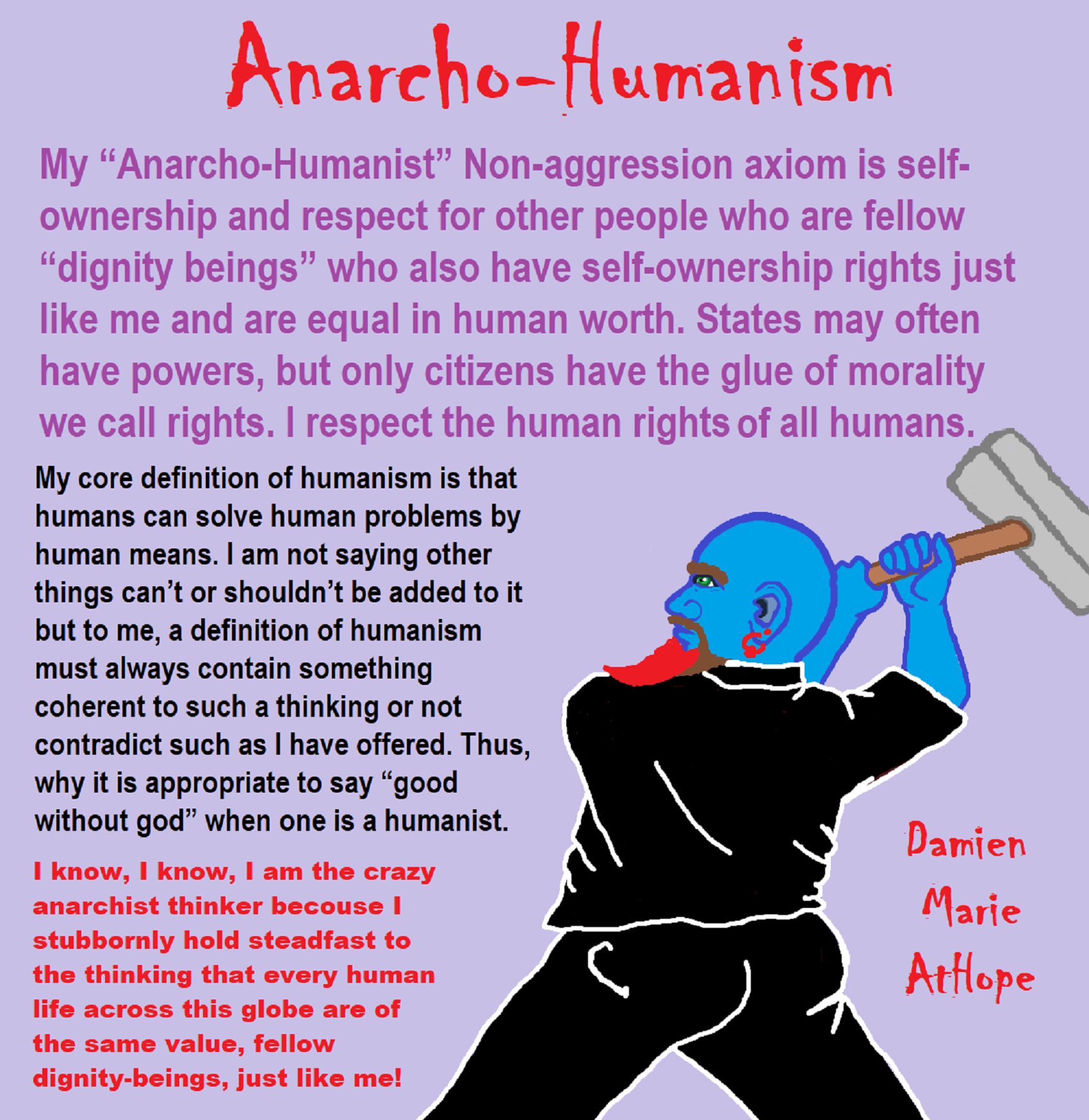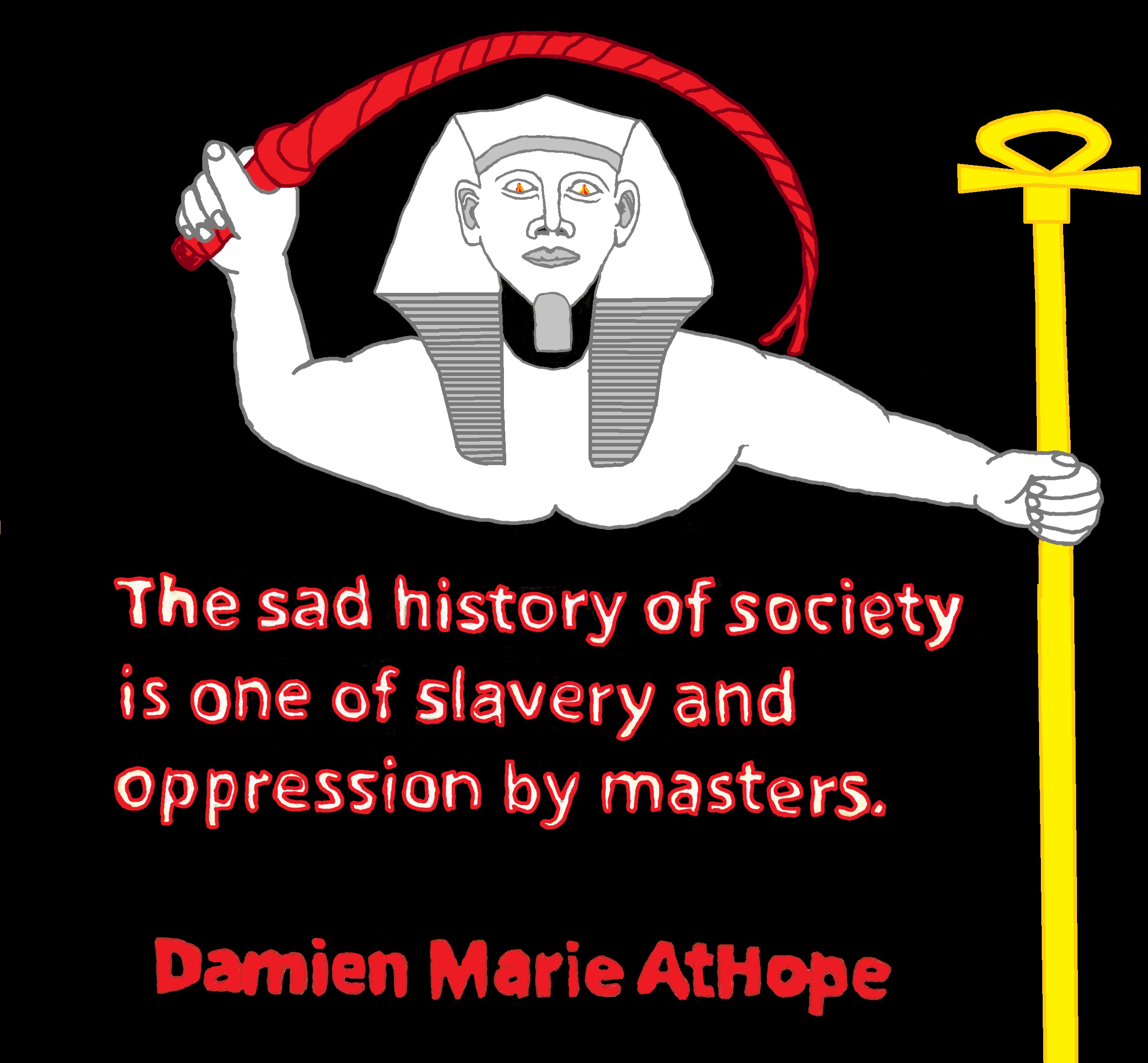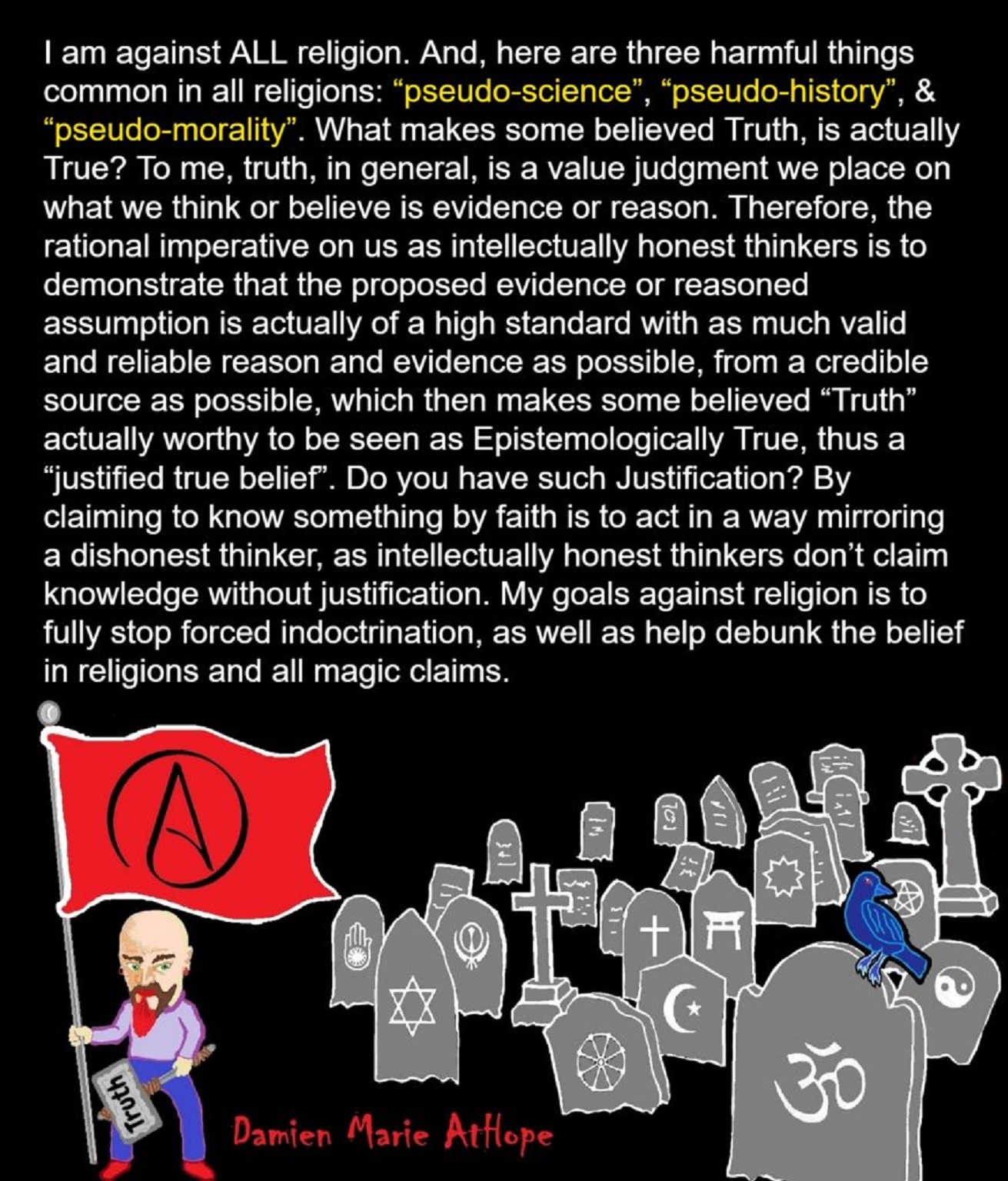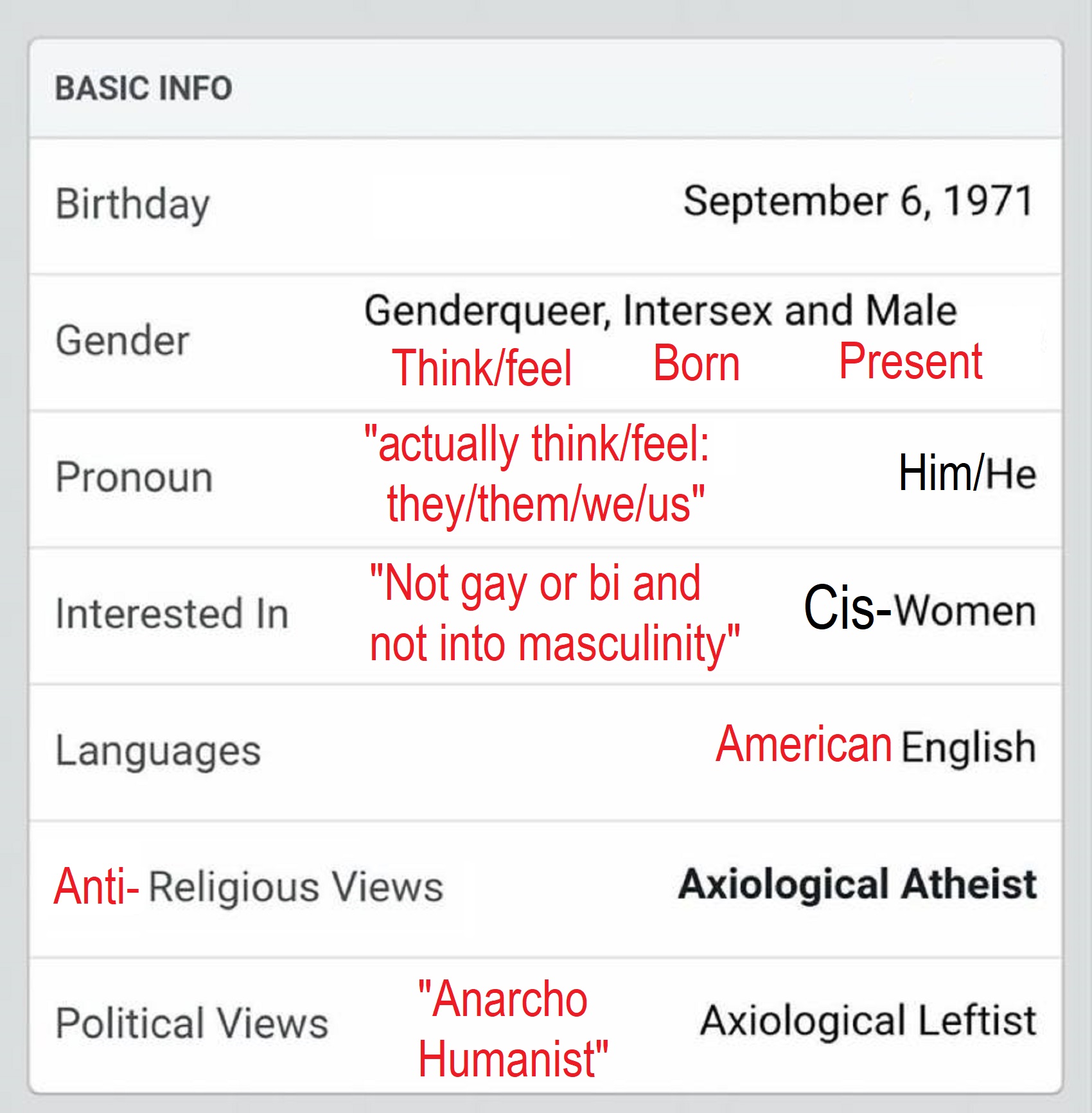
Hello and welcome, I am Damien Marie AtHope. In the simplest terms, I am an Atheist-Humanist Philosopher & Pre-Historical Writer/Researcher at damienmarieathope.com
I posted on Twitter: I am an Axiologist (anti-nihilism / value theorist) (A person, especially a philosopher or philosophic thinker, who studies “theories of Value” and or axiological Value theory.)
“Definition of axiologist
1: a student of or specialist in axiology
2: a philosopher advocating an axiological theory of ethics.” ref
My general thinking in relation to my Axiology assumptions: Intrinsic. Extrinsic, and Systemic Value
My general thinking in relation to my Axiology assumptions:
Intrinsic Value:
(such as human rights)
Extrinsic Value:
(such as relating to its accuracy, truth, quality, what value that is produced, Its use-value, or an added level of its agreeableness or desirability to it)
Systemic Value:
(such as how things may improve or worsen in relation to time. Things like rape rightly motivate our outrage not simply for the harm of the moment of the violation. No, most thinkers mildly inclined towards ethics could see. Such an awareness or expanded effort to understanding it could realize that the tragic harm or strain it can have throughout a lifespan. It is this and even more, like how it puts more fear or stress on others who hear of this, see this, or are personally/emotionally connected to them. Too many people under such assault to one’s dignity that rape is. And for those victims of such oppression, too often it brings all kinds of potential body shame or self-hatred. Yet it doesn’t end there, others just seem to stop caring altogether. I feel for them all. Not to mention I am sure I would miss some that others could add. Etc., Etc., Etc.)
Here are blogs:
- Axiological-Atheist Methodological-Rationalist vs. Platonic-Theistic-Stoic Rationalistic-Nihilist
- An axiological atheist and a cult educator address Trumpism/MAGA in association with cults
- Chatting on Axiological atheism, My deconversion, and My atheism
- Atheist Activism Training #2: Ontology, Epistemology, and Axiology (methodological use of philosophy)
- Hammer of Truth: Investigate (ONTOLOGY), Expose (EPISTEMOLOGY), and Judge (AXIOLOGY)
- I am a “Scientific Axiology” minded “Philosophic Axiologist Theorist” and my conclusion is Axiological atheism
- Sound thinking, Presumptive-value, Axiology, and Disciplined-Rationality
- Deconstructing Pseudo-Morality with Axiology Understanding?
- I am a caring firebrand axiological atheist, wishing to be hard on ideas but kind to people.
- Caring Firebrand Axiological Atheist, Antitheist, and Antireligionist as a Valuized Ethical Duty.
- Axiological Atheism Starts in Apatheism?
- Pragmatic Ethical/Axiology Driven Assumptions, Overcome the Weight of Solipsism Doubt
- Truth is a Value (axiological) Judgment.
- Methodological Rationalism (Ontology, Epistemology, & Axiology) and Skepticism
- Axiology, Morality and the Dignity Being: “Human Entity”
- On the Nature of Value (axiology)
- Axiological Atheism is Intellectualism
- I am an Axiological Atheist, with a Rationalist Persuasion, who Supports Anarcho-Humanism
- If axiology is a value-based ethics system, how are the ethical values established?
- Axiological Ethics not Pseudo Morality
- “Value Theory/Value Science” atheism: AXIOLOGICAL ATHEISM
- Is bible god ethical? & Would It Be Bad or Good if God Exists? (axiological “value theory” questions)
- Axiology is both a philosophy and a science of value.
- My Methodological Rationalism: investigate (ontology), expose (epistemology) and judge (axiology)
- Moral fear and Moral love (which together motivate my axiological ethics)?
- Axiological Dignity: “Value Consciousness vs Value-Blindness”
- Axiological/axiology (value theory/value science) Atheism?
- My Atheism: “Axiological Atheism”
- Axiological Atheist Interviews
- Axiological Atheism not Nihilist Atheism
- My quick definition of Axiology and Axiological Atheism?
- Here is a Little on how I got into Axiology
- Applying Axiological Thinking
- Archie John Bahm: “Axiologist Humanist”
- Axiological Morality Critique of Pseudo-Morality/Pseudomorality?
- As an Axiological Atheist, I wish for Human flourishing
- Axiological Atheist “Damien” Live at 25 MeetUps: Atheist Reality TV
- Axiology and Value Consciousness
- Explaining Axiological theism, Axiological agnosticism, and Axiological atheism
- Axiological Dignity Being Theory
- “The Hammer of Truth” (scientific philosophy: Ontology, Epistemology, & Axiology) in action.
- Interview of Formal Axiological Atheist Dr. William Kelleher
- Ontology, Epistemology, & Axiology argument/challenge protocol
- Axiological Atheism Morality Critique: of the bible god
- Chastised in a Message on My Axiological Atheist Page & My Responses
- Axiological Atheism Explained
- Axiology (value theory; Value Realism) vs. Nihilism (anti/non-value theory; Value Anti-Realism)
- Axiological Leftist
- Axiology, Naturalism, Realism and Moral Theory Ideas
- Using Axiological Awareness to Assist in Argumentation.
- A Different Kind of Atheist: Axiological, Methodological, Anarchist, Universal Ethicist, Realist, and Rationalist
My quick definition of Axiology?
Axiology is a philosophy (value theory) and a social science/science of value (formal axiology) mainly involving the “what, why, and how” of “value” the way epistemology approaches “knowledge” as in what is of value/good/worth/beneficial/ or useful? Why is the thing in question of value/good/worth/beneficial/or useful? How should the value/good/worth/beneficial/ or useful be interacted with? Real Morality is an emergent aspect limited to a sphere of social dynamics (social) result in human progress and social evolution understood in mental processes of high cognitively developed beings (biological) with developed psychological quality of awareness (psychological) and the so-called moral facts and the values that support or motivate them is limited to the realm of possible harm psychological or physical (actual external world or experiential internal world). I would like to offer my understanding of how I see the layout of morality, values, morals, and ethics as I see them. I see the term “morality” proper as the main moniker to a philosophic group (values, morals, and ethics) or a main heading that involves the subheadings of values, morals, and ethics. Values, morals, and ethics, in a basic observational way, should be understood as falling under branches expressing different but similar thinking and behavioral persuasion. Values are the internal catalyst often motivating our thinking and behaviors. Such as a value of all human life, would tend to motivate you to not wantonly end human lives. Just as a lack of value for all human life, may tend to motivate you to not have an issue with the wanton ending of human lives. Morals to me, are the personal persuasion that you value, such as having a desire for truthfulness. Then we have ethics and we know this is a different branch of the morality tree, as there is business ethics/professional ethics but not really business morals or professional morals; other than one’s self-chosen persuasion which may be adopted from business ethics/professional ethics. Ethics are as I have expressed our social universal prescriptions/persuasions public morality whereas morals to me are personal morality. Therefore, we can hold others to universal ethics standards (public morality) and not our moral proclivities that are not universal on others, as morals are for us (personal morality). To me, true Morality summed up to me is largely the expression of axiological value judgments/assessments carried into an appropriate valueized action. Axiology: Two Worlds in Three Dimensions of Value
“The term “value theory” is used in at least three different ways in philosophy. In its broadest sense, “value theory” is a catch-all label used to encompass all branches of moral philosophy, social and political philosophy, aesthetics, and sometimes feminist philosophy and the philosophy of religion — whatever areas of philosophy are deemed to encompass some “evaluative” aspect. In its narrowest sense, “value theory” is used for a relatively narrow area of normative ethical theory particularly, but not exclusively, of concern to consequentialists. In this narrow sense, “value theory” is roughly synonymous with “axiology”. Axiology can be thought of as primarily concerned with classifying what things are good, and how good they are. For instance, a traditional question of axiology concerns whether the objects of value are subjective psychological states, or objective states of the world.” ref
“But in a more useful sense, “value theory” designates the area of moral philosophy that is concerned with theoretical questions about value and goodness of all varieties — the theory of value. The theory of value, so construed, encompasses axiology, but also includes many other questions about the nature of value and its relation to other moral categories. The division of moral theory into the theory of value, as contrasting with other areas of investigation, cross-cuts the traditional classification of moral theory into normative and metaethical inquiry, but is a worthy distinction in its own right; theoretical questions about value constitute a core domain of interest in moral theory, often cross the boundaries between the normative and the metaethical, and have a distinguished history of investigation.” ref
“Ok, that might be where I fall. While not assigning spiritual meaning to life, I still see it as majorly a valuable thing to preserve and enjoy. Nihilism doesn’t really fit well with my world-view.” – Telemin (Oneiric Arc) @TeleminObserver (Jubilant Leftist, Liberty Enjoyer, Any Pronouns, ENFP, Minors Dni, @Akita_Opal, and Official Librarian of Left Twitter)
My response, Yes, many good people are likely pro-axiological thinking.
“I’m an incurable optimist.” – Telemin (Oneiric Arc) @TeleminObserver
My response,
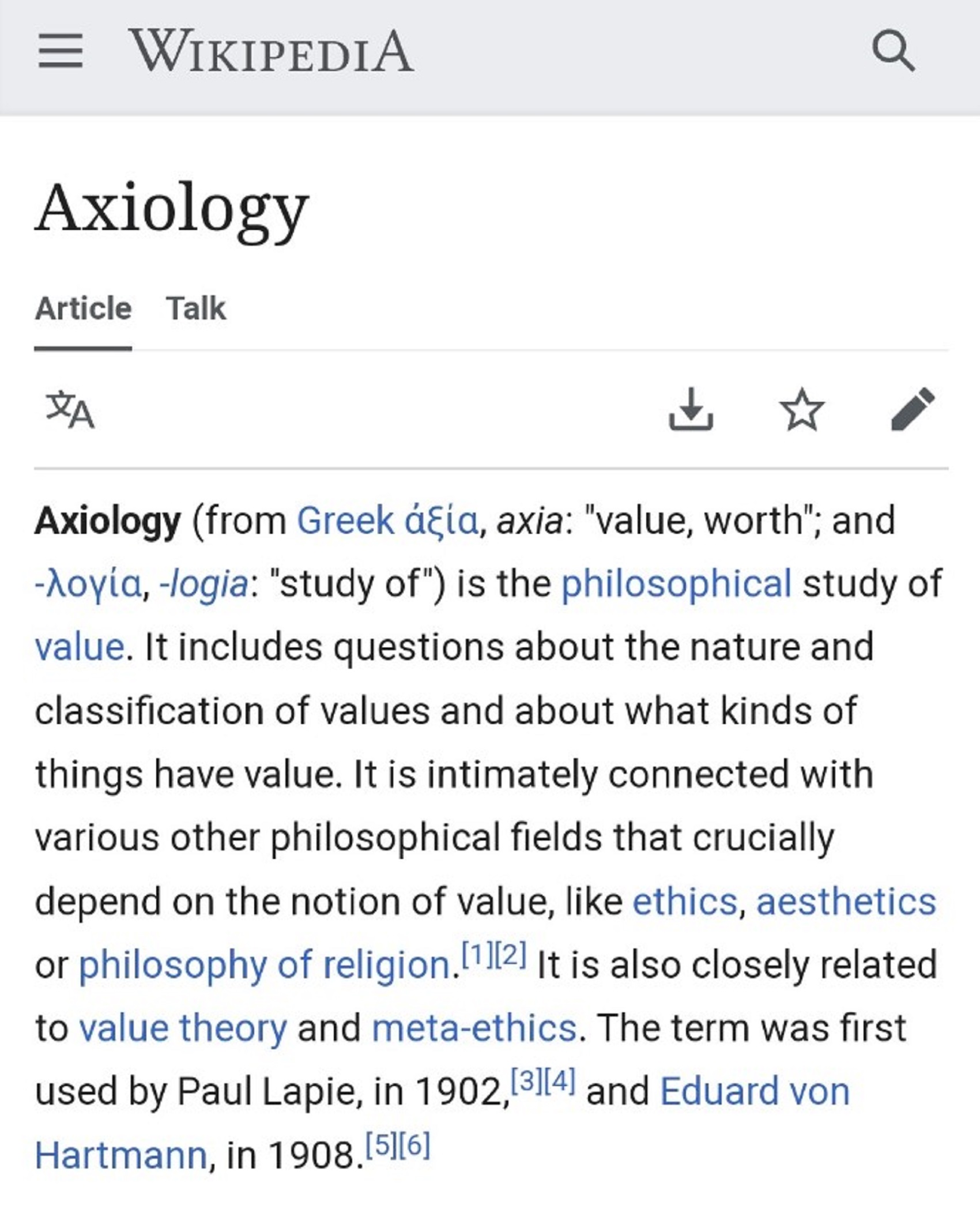
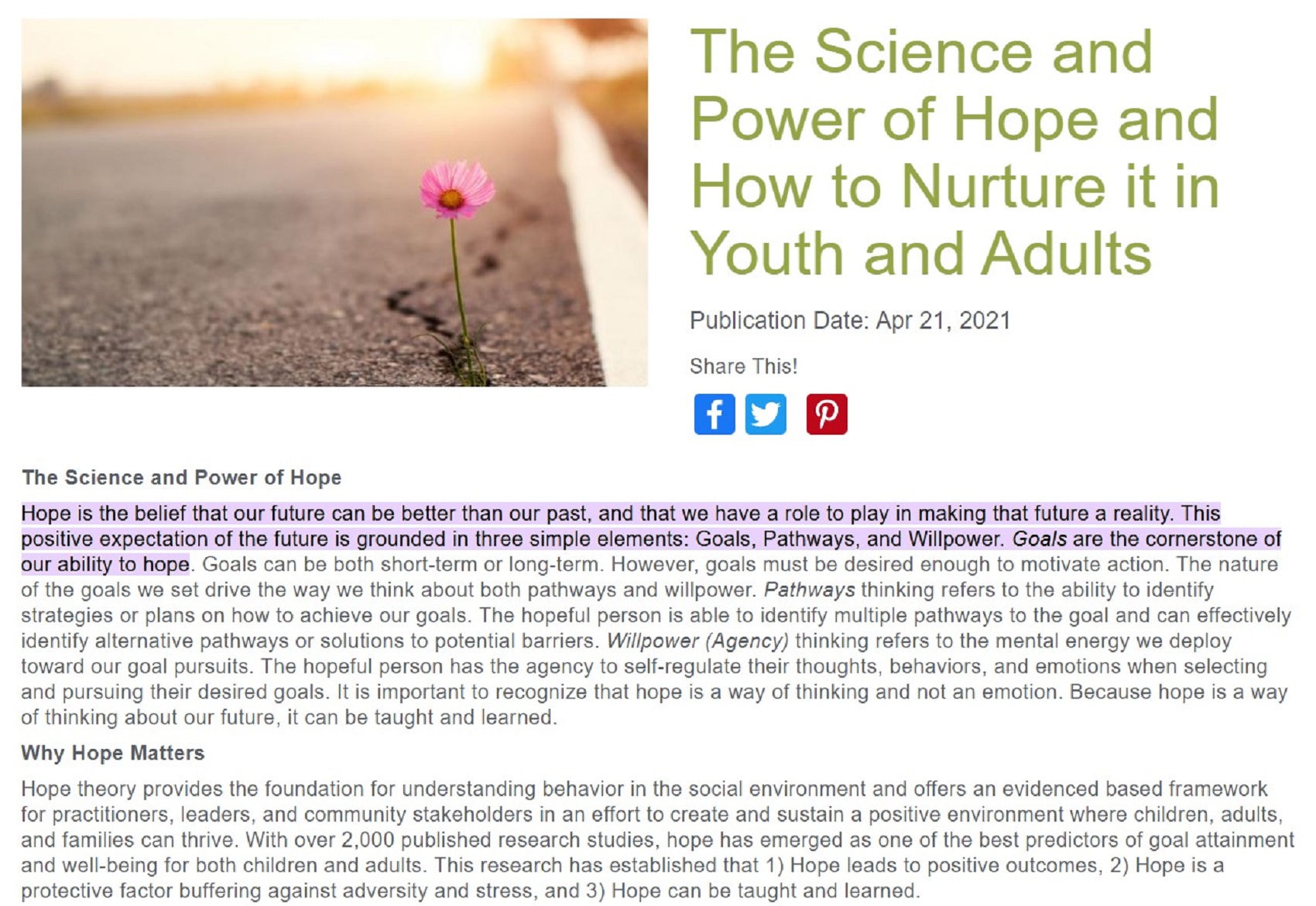
Pic ref
“This is cool.” – Telemin (Oneiric Arc) @TeleminObserver
My response, Axiological thinking is positive-oriented and cares about human flourishing.
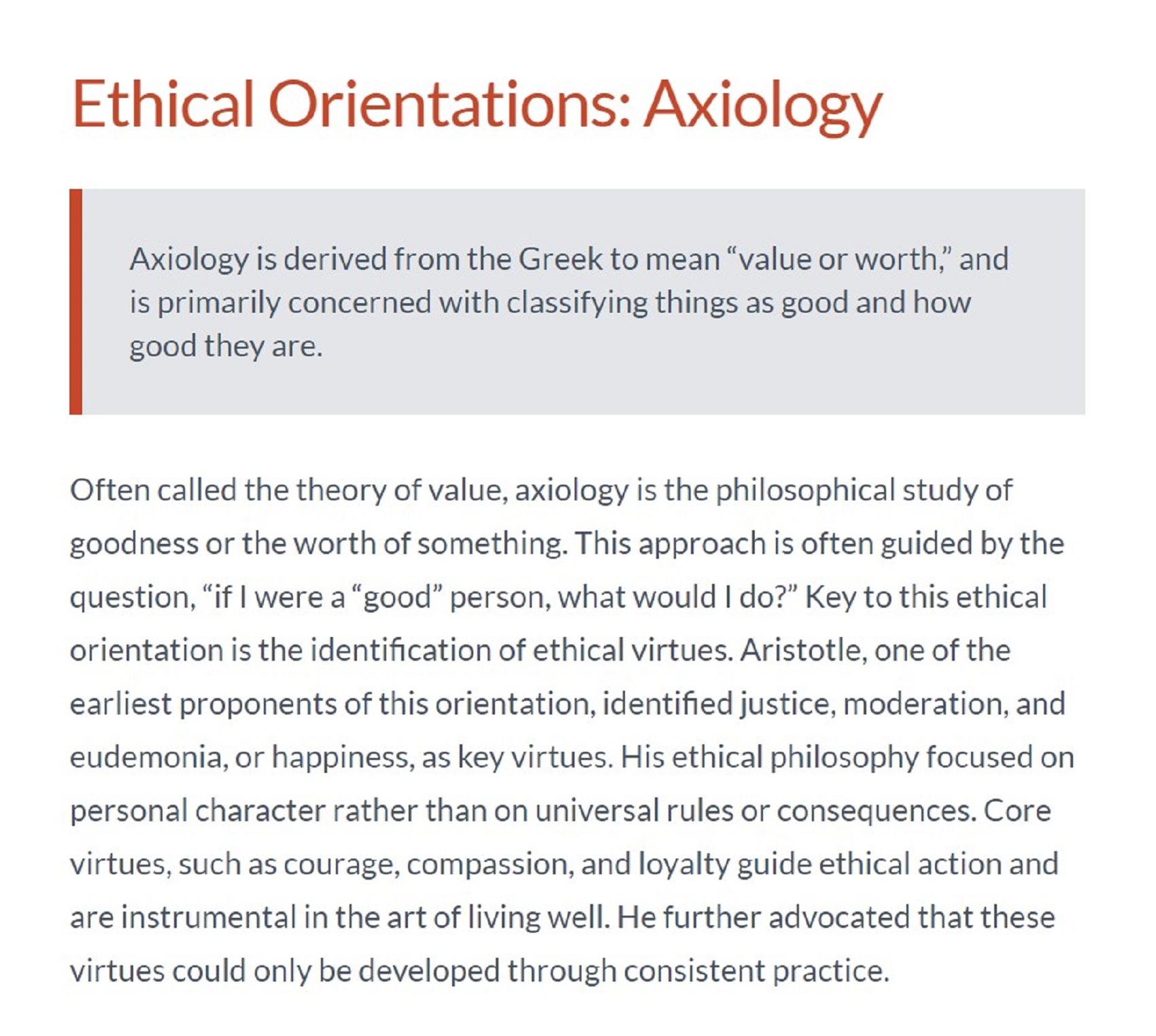
Pic ref
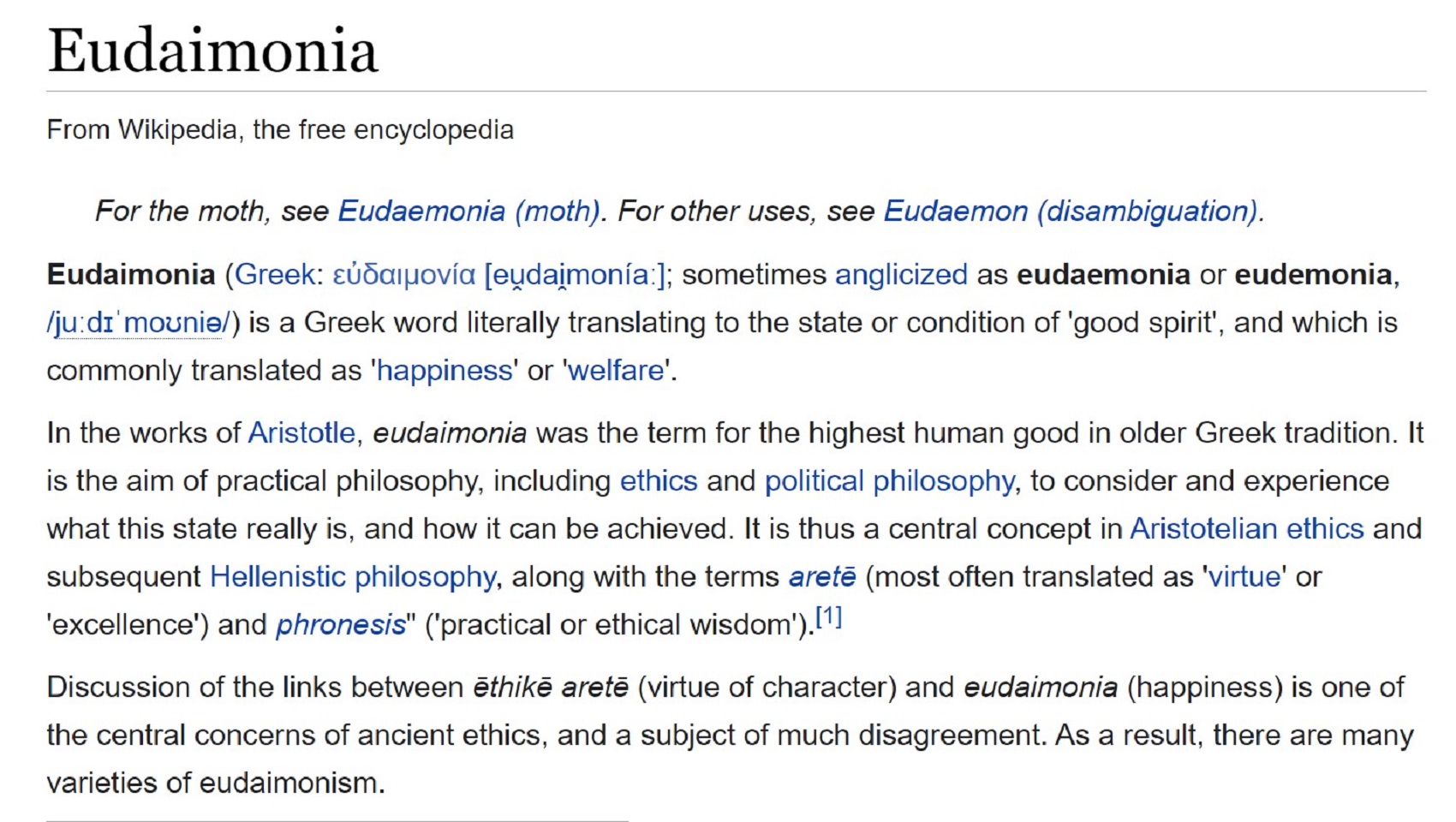
Pic ref
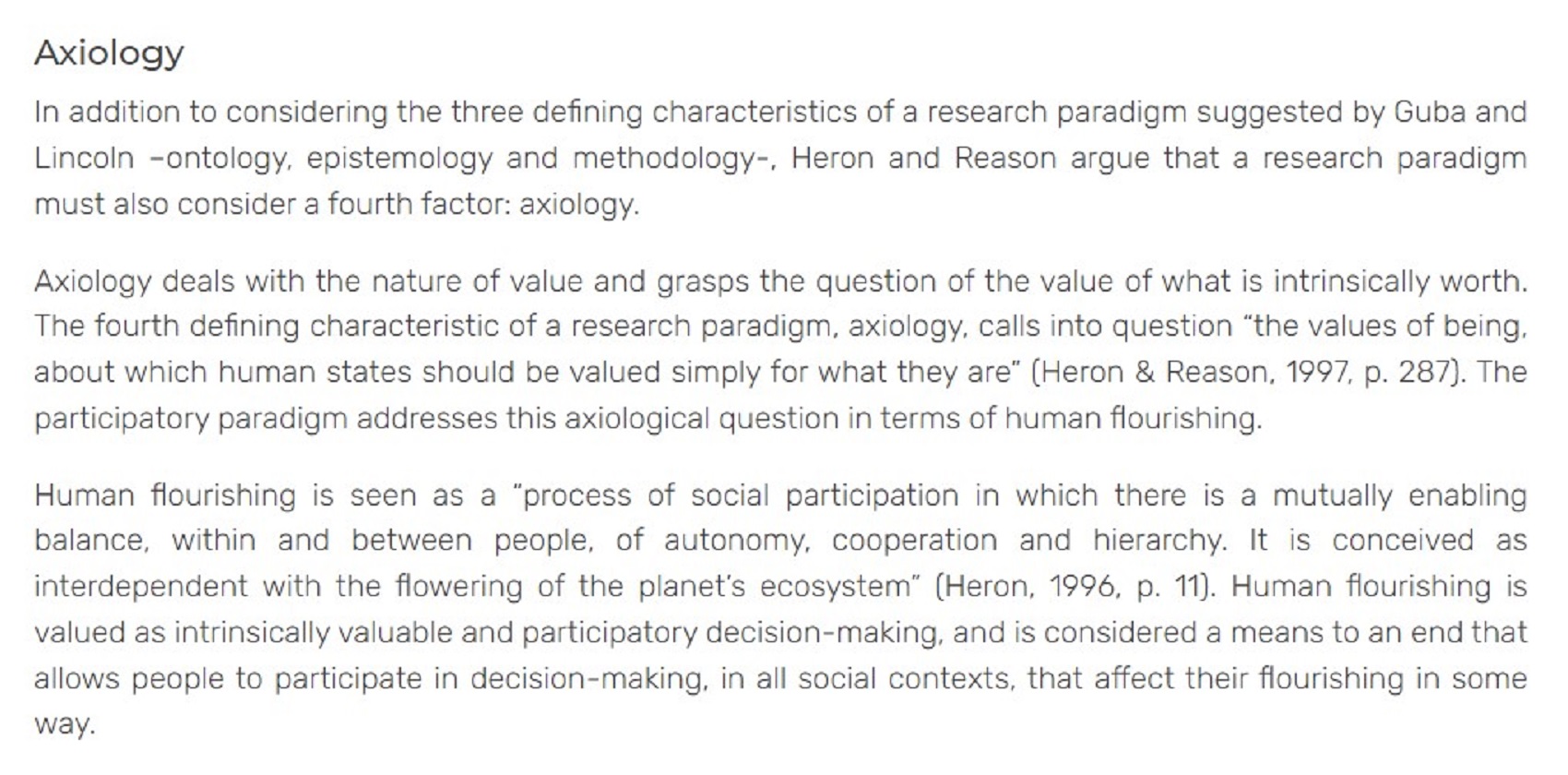
Pic ref

Pic ref
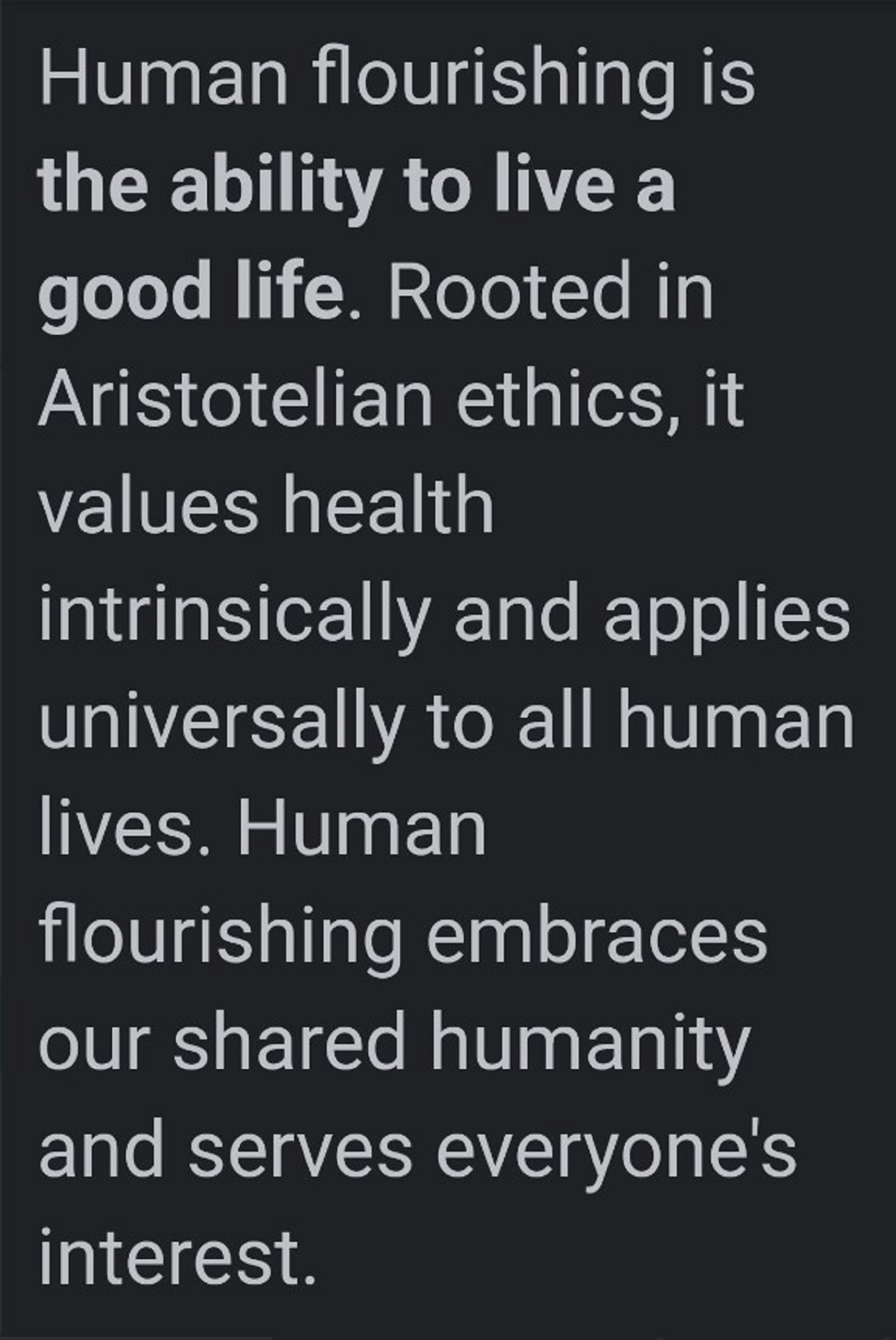
Pic ref
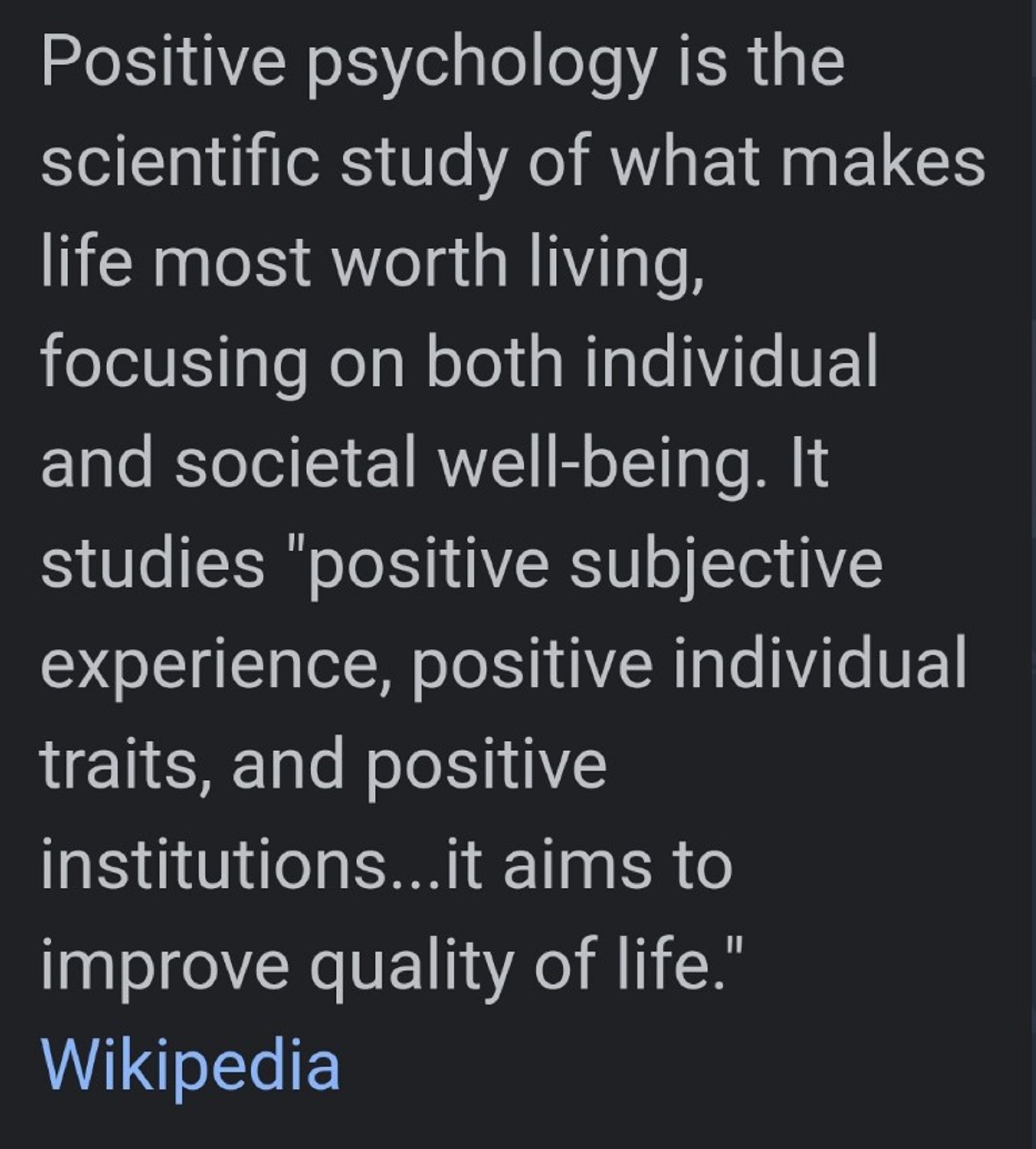
Pic ref
“Positive psychology is the scientific study of what makes life most worth living, focusing on both individual and societal well-being. It studies “positive subjective experience, positive individual traits, and positive institutions…it aims to improve quality of life.” It is a field of study that has been growing steadily throughout the years as individuals and researchers look for common ground on better well-being. Positive psychology began as a new domain of psychology in 1998 when Martin Seligman chose it as the theme for his term as president of the American Psychological Association. It is a reaction against past practices, which have tended to focus on mental illness and emphasized maladaptive behavior and negative thinking. It builds on the humanistic movement by Abraham Maslow, Rollo May, James Bugental, and Carl Rogers, which encourages an emphasis on happiness, well-being, and positivity, thus creating the foundation for what is now known as positive psychology.” ref
“Positive psychology focuses on eudaimonia, an Ancient Greek term for “the good life” and the concept for reflection on the factors that contribute the most to a well-lived and fulfilling life. Positive psychologists often use the terms subjective well-being and happiness interchangeably. Positive psychologists have suggested a number of factors may contribute to happiness and subjective well-being. For example, social ties with a spouse, family, friends, colleagues, and wider networks; membership in clubs or social organizations; physical exercise; and the practice of meditation. Spirituality can also be considered a factor that leads to increased individual happiness and well-being. Spiritual practice and religious commitment is a topic researchers have been studying as another possible source for increased well-being and an added part of positive psychology. Happiness may rise with increasing financial income, though it may plateau or even fall when no further gains are made or after a certain cut-off amount.” ref
“I deeply care about the maximum level of human happiness.” – Telemin (Oneiric Arc) @TeleminObserver
My response, Your interest in this shows both you are wise and emotionally intelligent.
“I try very hard.” – Telemin (Oneiric Arc) @TeleminObserver
My response, I strive to live a value-driven life. You are a person of value. I appreciate you.
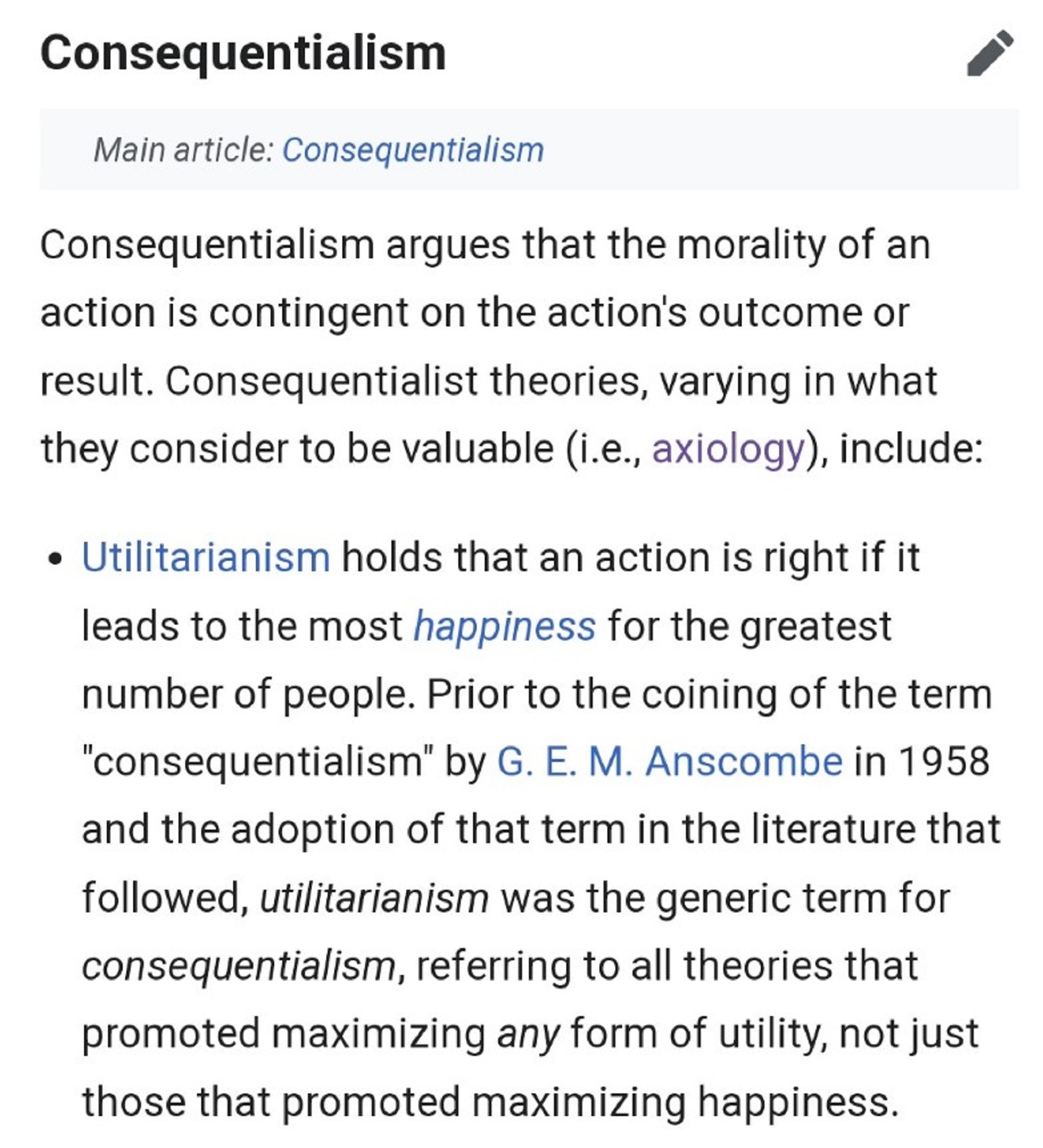
Pic ref
“I think I like utilitarianism. Also, consequentialist ethics makes the most sense to me. I can’t really know how things will work until I have data and that usually requires making my best guess about what’s the best course of action.” – Telemin (Oneiric Arc) @TeleminObserver
My response, Moral fear and Moral love (which together motivate my axiological ethics)
Axiological Morality Critique of Pseudo-Morality/Pseudomorality?
True Morality summed up to me is largely the expression of axiological value judgments/assessments carried into an appropriate valueized action.
Why care? Because we are Dignity Beings.
*Axiological Dignity Being Theory*
Axiological Dignity: “Value Consciousness vs Value-Blindness”
My Axiological Dignity Being Theory: An “Axiological assessment of human beings” shows with an axiological awareness a logic of values is clear which takes as its basic premise that “all persons always deserve positive regard.” – Progressive Logic by William J. Kelleher, Ph.D. And the reason why we should care is that we are Dignity Beings. “Dignity is an internal state of peace that comes with the recognition and acceptance of the value and vulnerability of all living things.” – Donna Hicks (2011). Dignity: The Essential Role It Plays in Resolving Conflict
Moral fear and Moral love (which together motivate my axiological ethics)?
“Sometimes justice has to outweigh care and sometimes care has to outweigh justice.”
And one may ask or question how do you discern the appropriate morality course of action between what is ethically right? To me, it takes Axiology (i.e. value consciousness: value judgment analysis of ethical appropriateness do to assess value involved).
MORAL FEAR (fight or flight “justice perspective”):
To feel a kind of morality “anxiety” (ethical apprehension to potentially cause harm) about behaviors and their outcomes empathy (I feel you) or sympathy (I feel for you) about something moral that may be done, is being done, or that has been done, thus feeling of distress, apprehension or alarm caused by value driven emotional intelligence concern; moral/ethical anxiety to the possibility; chance (to do something as a moral thinker and an ethical actor) or dread; respect (to take the sensitivity of a personal moral choice that leads one to choose an ethical behavior(s) and grasping the moral weight of the actions involved and potential outcomes this engagement can or will likely create (using data from learning whether theoretical or practical to lessen the effect of an unpleasant choice as much as posable (morality development/awareness/goals/persuasion). “Moral Anxiety, improves us, while Social Anxiety kills. Some anxieties are indicators of healthy curiosity and strong moral fiber, while others are a source of severe stress. Knowing which is which can help you to navigate your personal, professional, and intellectual life more effectively.” Ref
Moral fear thus is a kind of morality “anxiety” that motivates a fascinating aspect of humanity, which is that we hold ourselves to high moral standards. With our values and emotional intelligence and moral development, we gain a developed prosocial persuasion thus “tend to self-impose rules on ourselves to protect society from the short-term temptations that might cause us to do things that would have a negative impact in the long-run. For example, we might be tempted to harm a person who bothers us, but a society in which everyone gave in to the temptation to hurt those who made us angry would quickly devolve into chaos. And once we accept that emotion plays some role in complex decisions, it is important to figure out which emotions are influencing different kinds of choices. Therefore, when we make these moral judgments to an extent we are somewhat driven by our ability to reason about the consequences of the actions or are influenced by their emotions to or about the outcomes of the consequences of the actions.” https://www.psychologytoday.com/blog/ulterior-motives/201308/anxiety-and-moral-judgment
*ps. MORAL FEAR (fight or flight “consequentialist ethics/utilitarian ethics”) is roughly referring to the fight-or-flight response, also known as the acute stress response, refers to a physiological reaction that occurs in the presence of something that is terrifying, either mentally or physically. The fight-or-flight response (also called hyperarousal, or the acute stress response) is a physiological reaction that occurs in response to a perceived harmful event, attack, or threat to survival. An evolutionary psychology explanation is that early animals had to react to threatening stimuli quickly and did not have time to psychologically and physically prepare themselves. The fight or flight response provided them with the mechanisms to rapidly respond to threats against survival. This response is recognized as the first stage of the general adaptation syndrome that regulates stress responses among vertebrates and other organisms. The reaction begins in the amygdala, which triggers a neural response in the hypothalamus. The initial reaction is followed by activation of the pituitary gland and secretion of the hormone ACTH. The adrenal gland is activated almost simultaneously and releases the hormone epinephrine. The release of chemical messengers results in the production of the hormone cortisol, which increases blood pressure, blood sugar, and suppresses the immune system. The initial response and subsequent reactions are triggered in an effort to create a boost of energy. This boost of energy is activated by epinephrine binding to liver cells and the subsequent production of glucose. Additionally, the circulation of cortisol functions to turn fatty acids into available energy, which prepares muscles throughout the body for response. Catecholamine hormones, such as adrenaline (epinephrine) or noradrenaline (norepinephrine), facilitate immediate physical reactions associated with a preparation for violent muscular action and :
- Acceleration of heart and lung action
- Paling or flushing, or alternating between both
- Inhibition of stomach and upper-intestinal action to the point where digestion slows down or stops
- General effect on the sphincters of the body
- Constriction of blood vessels in many parts of the body
- Liberation of metabolic energy sources (particularly fat and glycogen) for muscular action
- Dilation of blood vessels for muscles
- Inhibition of the lacrimal gland (responsible for tear production) and salivation
- Dilation of pupil (mydriasis)
- Relaxation of bladder
- Inhibition of erection
- Auditory exclusion (loss of hearing)
- Tunnel vision (loss of peripheral vision)
- Disinhibition of spinal reflexes
- Shaking
The physiological changes that occur during the fight or flight response are activated in order to give the body increased strength and speed in anticipation of fighting or running. Some of the specific physiological changes and their functions include:
- Increased blood flow to the muscles activated by diverting blood flow from other parts of the body.
- Increased blood pressure, heart rate, blood sugars, and fats in order to supply the body with extra energy.
- The blood clotting function of the body speeds up in order to prevent excessive blood loss in the event of an injury sustained during the response.
- Increased muscle tension in order to provide the body with extra speed and strength. Ref, Ref
Here is a little on Consequentialist ethics and Utilitarian ethics
*Consequentialist ethics: involves a class of normative ethical theories holding that the consequences of one’s conduct are the ultimate basis for any judgment about the rightness or wrongness of that conduct. Thus, from a consequentialist standpoint, a morally right act (or omission from acting) is one that will produce a good outcome, or consequence. In an extreme form, the idea of consequentialism is commonly encapsulated in the saying, “the end justifies the means“, meaning that if a goal is morally important enough, any method of achieving it is acceptable. Consequentialism is usually contrasted with deontological ethics (or deontology), in that deontology, in which rules and moral duty are central, derives the rightness or wrongness of one’s conduct from the character of the behaviour itself rather than the outcomes of the conduct. It is also contrasted with virtue ethics, which focuses on the character of the agent rather than on the nature or consequences of the act (or omission) itself, and pragmatic ethics which treats morality like science: advancing socially over the course of many lifetimes, such that any moral criterion is subject to revision. Consequentialist theories differ in how they define moral goods. Some argue that consequentialist and deontological theories are not necessarily mutually exclusive. For example, T. M. Scanlon advances the idea that human rights, which are commonly considered a “deontological” concept, can only be justified with reference to the consequences of having those rights. Similarly, Robert Nozick argues for a theory that is mostly consequentialist, but incorporates inviolable “side-constraints” which restrict the sort of actions agents are permitted to do. Ref
*Utilitarian ethics: involve an ethical theory which states that the best action is the one that maximizes utility. “Utility” is defined in various ways, usually in terms of the well-being of sentient entities. Jeremy Bentham, the founder of utilitarianism, described utility as the sum of all pleasure that results from an action, minus the suffering of anyone involved in the action. Utilitarianism is a version of consequentialism, which states that the consequences of any action are the only standard of right and wrong. Unlike other forms of consequentialism, such as egoism, utilitarianism considers the interests of all beings equally. Proponents of utilitarianism have disagreed on a number of points, such as whether actions should be chosen based on their likely results (act utilitarianism) or whether agents should conform to rules that maximize utility (rule utilitarianism). There is also disagreement as to whether total (total utilitarianism) or average (average utilitarianism) utility should be maximized. Though the seeds of the theory can be found in the hedonists Aristippus and Epicurus, who viewed happiness as the only good, the tradition of utilitarianism properly began with Bentham, and has included John Stuart Mill, Henry Sidgwick, R. M. Hare, David Braybrooke, and Peter Singer. It has been applied to social welfare economics, the crisis of global poverty, the ethics of raising animals for food and the importance of avoiding existential risks to humanity. Because utilitarianism is not a single theory but a cluster of related theories that have been developed over two hundred years, criticisms can be made for different reasons and have different targets. Karl Marx, in Das Kapital, criticises Bentham’s utilitarianism on the grounds that it does not appear to recognize that different people have different joys:
Not even excepting our philosopher, Christian Wolff, in no time and in no country has the most homespun commonplace ever strutted about in so self-satisfied a way. The principle of utility was no discovery of Bentham. He simply reproduced in his dull way what Helvétius and other Frenchmen had said with esprit in the 18th century. To know what is useful for a dog, one must study dog-nature. This nature itself is not to be deduced from the principle of utility. Applying this to man, he who would criticize all human acts, movements, relations, etc., by the principle of utility, must first deal with human nature in general, and then with human nature as modified in each historical epoch. Bentham makes short work of it. With the driest naivete he takes the modern shopkeeper, especially the English shopkeeper, as the normal man. Whatever is useful to this queer normal man, and to his world, is absolutely useful. This yard-measure, then, he applies to past, present, and future. The Christian religion, e.g., is “useful,” “because it forbids in the name of religion the same faults that the penal code condemns in the name of the law.” Artistic criticism is “harmful,” because it disturbs worthy people in their enjoyment of Martin Tupper, etc. With such rubbish has the brave fellow, with his motto, “nulla dies sine linea [no day without a line]”, piled up mountains of books.
An article in the American Journal for Economics has addressed the issue of Utilitarian ethics within redistribution of wealth. The journal stated that taxation of the wealthy is the best way to make use of the disposable income they receive. This says that the money creates utility for the most people by funding government services. Many utilitarian philosophers, including Peter Singer and Toby Ord, argue that inhabitants of developed countries, in particular, have an obligation to help to end extreme poverty across the world, for example by regularly donating some of their income to charity. Peter Singer, for example, argues that donating some of one’s income to charity could help to save a life or cure somebody from a poverty-related illness, which is a much better use of the money as it brings someone in extreme poverty far more happiness than it would bring to oneself if one lived in relative comfort. However, Singer not only argues that one ought to donate a significant proportion of one’s income to charity, but also that this money should be directed to the most cost-effective charities, in order to bring about the greatest good for the greatest number, consistent with utilitarian thinking. Singer’s ideas have formed the basis of the modern effective altruist movement. ref
MORAL LOVE (tend and befriend “voice of care perspective”):
To me, this relates to care/caring ethics, which affirms the importance of caring motivation, emotion and the body in moral deliberation, as well as reasoning from particulars.This moral theory is known as “ the ethics of care” implies that there is moral significance in the fundamental elements of relationships and dependencies in human life. Normatively, care ethics seeks to maintain relationships by contextualizing and promoting the well-being of care-givers and care-receivers in a network of social relations. Most often defined as a practice or virtue rather than a theory as such, “care” involves maintaining the world of, and meeting the needs of, ourself and others. It builds on the motivation to care for those who are dependent and vulnerable, and it is inspired by both memories of being cared for and the idealizations of self. Following in the sentimentalist tradition of moral theory, care ethics affirms the importance of caring motivation, emotion and the body in moral deliberation, as well as reasoning from particulars. One of the original works of care ethics was Milton Mayeroff’s short book, On Caring, but the emergence of care ethics as a distinct moral theory is most often attributed to the works of psychologist Carol Gilligan and philosopher Nel Noddings in the mid-1980s. Though there are notable thinkers who express early strains of care ethics such as those that can be detected in the writings of feminist philosophers such as Mary Wollstonecraft, Catherine and Harriet Beecher, and Charlotte Perkins. Offering a general charged that traditional moral approaches contain a kinda of male bias, and asserted the “voice of care” as a legitimate alternative to the “justice perspective” of liberal human rights theory. Annette Baier, Virginia Held, Eva Feder Kittay, Sara Ruddick, and Joan Tronto are some of the most influential among many subsequent contributors to care ethics. Typically contrasted with deontological/Kantian and consequentialist/utilitarian ethics, is that of care ethics.
*ps. MORAL LOVE (tend and befriend “care ethics (ethics of care)/reciprocity (reciprocal altruism) ethics”) is similar to the fight or flight which is also only part of a bigger picture, according to Shelley Taylor, Ph.D., a psychology professor at the University of California, Los Angeles, and her colleagues. In the Psychological Review, as in evolutionary psychology, researchers describe how stress can elicit another behavioral pattern they call “tend and befriend”–especially in females. Tend-and-befriend is a behavior exhibited by some animals, including humans, in response to threat. It refers to protection of offspring (tending) and seeking out the social group for mutual defense (befriending), tend-and-befriend is theorized as having evolved as the typical female response to stress, just as the primary male response was fight-or-flight. This kind of gender determinism within the field is the subject of some controversy but I see it as to limited as well because we tend to use multiple sstrategiesto further sucuresafty depending of avalable resorces and if one regardless of gender persuasion is not able to either adequately defend themselves/or others (the fight part of fight or flight ) or is not able to either adequately flee a given threat (the flight part of fight or flight ) then other options such as The tend-and-befriend theoretical model was originally developed by Dr. Shelley E. Taylor and her research team at the University of California, Los Angeles and first described in a Psychological Review article published in the year 2000.
Here is a little on Care ethics and Reciprocal altruism
*Care ethics: is a normative ethical theory that holds interpersonal relationships and care or benevolence as a virtue as central to moral action. It is one of a cluster of normative ethical theories that were developed by feminists in the second half of the twentieth century. Here is a link to Feminist ethics. While consequentialist and deontological ethical theories emphasize universal standards and impartiality, ethics of care emphasize the importance of response. The shift in moral perspective is manifested by a change in the moral question from “what is just?” to “how to respond?”. Ethics of care criticize application of universal standards as “morally problematic since it breeds moral blindness or indifference.”
Some beliefs of the theory are basic:
- Persons are understood to have varying degrees of dependence and interdependence on one another. This is in contrast to deontological and consequentialist theories that tend to view persons as having independent interests and interactions.
- Those particularly vulnerable to one’s choices and their outcomes deserve extra consideration to be measured according to their vulnerability to one’s choices.
- It is necessary to attend to contextual details of situations in order to safeguard and promote the actual specific interests of those involved.
Care ethics contrasts with more well-known ethical models, such as consequentialist theories (e.g. utilitarianism) and deontological theories (e.g. Kantian ethics) in that it seeks to incorporate traditionally feminized virtues and values which, proponents of care ethics contend, are absent in such traditional models of ethics. While some feminists have criticized care-based ethics for reinforcing traditional stereotypes of a “good woman” others have embraced parts of this paradigm under the theoretical concept of care-focused feminism. Care-focused feminism is a branch of feminist thought, informed primarily by ethics of care as developed by Carol Gilligan and Nel Noddings. This body of theory is critical of how caring is socially engendered to women and consequently devalued. “Care-focused feminists regard women’s capacity for care as a human strength” which can and should be taught to and expected of men as well as women. Noddings proposes that ethical caring has the potential to be a more concrete evaluative model of moral dilemma, than an ethic of justice. Noddings’ care-focused feminism requires practical application of relational ethics, predicated on an ethic of care. Ethics of care is also a basis for care-focused feminist theorizing on maternal ethics. Critical of how society engenders caring labor, theorists Sara Ruddick, Virginia Held, and Eva Feder Kittay suggest caring should be performed and caregivers valued in both public and private spheres. Their theories recognize caring as an ethically relevant issue. This proposed paradigm shift in ethics encourages that an ethic of caring be the social responsibility of both men and women. Joan Tronto argues that the definition of the term “ethic of care” is ambiguous due in part to the lack of a central role it plays in moral theory. She argues that considering moral philosophy is engaged with human goodness, then care would appear to assume a significant role in this type of philosophy. However, this is not the case and Tronto further stresses the association between care and “naturalness”. The latter term refers to the socially and culturally constructed gender roles where care is mainly assumed to be the role of the woman. As such, care loses the power to take a central role in moral theory. Tronto states there are four ethical elements of care:
- Attentiveness
Attentiveness is crucial to the ethics of care because care requires a recognition of others’ needs in order to respond to them. The question which arises is the distinction between ignorance and inattentiveness. Tronto poses this question as such, “But when is ignorance simply ignorance, and when is it inattentiveness”? - Responsibility
In order to care, we must take it upon ourselves, thus responsibility. The problem associated with this second ethical element of responsibility is the question of obligation. Obligation is often, if not already, tied to pre-established societal and cultural norms and roles. Tronto makes the effort to differentiate the terms “responsibility” and “obligation” with regards to the ethic of care. Responsibility is ambiguous, whereas obligation refers to situations where action or reaction is due, such as the case of a legal contract. This ambiguity allows for ebb and flow in and between class structures and gender roles, and to other socially constructed roles that would bind responsibility to those only befitting of those roles. - Competence
To provide care also means competency. One cannot simply acknowledge the need to care, accept the responsibility, but not follow through with enough adequacy – as such action would result in the need of care not being met. - Responsiveness
This refers to the “responsiveness of the care receiver to the care”. Tronto states, “Responsiveness signals an important moral problem within care: by its nature, care is concerned with conditions of vulnerability and inequality”. She further argues responsiveness does not equal reciprocity. Rather, it is another method to understand vulnerability and inequality by understanding what has been expressed by those in the vulnerable position, as opposed to re-imagining oneself in a similar situation. Ref
Reciprocal altruism: (the evolution of cooperation)is a social interaction phenomenon where an individual makes sacrifices for another individual in expectation of similar treatment in the future. Originally introduced as a concept by biologist Robert Trivers, reciprocal altruism explains how altruistic behavior and morality can arise from evolutionary causes, as evolution selects for the best possible game theory results. If the benefit is higher than the initial cost, then multiple reciprocal interactions can actually out-compete more “greedy” forms of relationships, thus providing an evolutionary incentive for altruistic behavior. At the same time (and in opposition to unlimited altruism), reciprocity ensures that cheaters are also harmed when they choose to do so and are gradually made less fit as a result of their own behavior. Modern ethnology seems to support at least part of this hypothesis, as many societies on all continents have developed highly complex forms of gift economy where gifts are given with no immediately obvious material return, but the implicit societal expectation of “repayment” in gift form at some later point in time. Amazingly, those societies work. The custom of giving gifts for birthdays in the West may be seen as a remnant of this. It’s not uncommon for someone to engage in this behavior with the object of their affection, i.e. being nice to them with the expectation of a sexual relationship. Since a lot of these situations tend to involve lonely, single straight men, the common term for this is “Nice Guy” — in other words, the suitor’s claim “but I’m a nice guy…” translates to “I went through all the motions and she still won’t sleep with me.” As a general rule, this is not an effective strategy, and often even drifts into stalking behavior. Women who engage in the same behavior do not get as much attention but are still known (naturally) as Nice Girls. Either way, such people are seldom actually nice, and frequently come off as manipulative and bitter without realizing it. The fallacy lies in their equating sexual relationship with being nice – if their expectation of tit for tat was actually equal, aka being nice for being nice and being honest for being honest (which they, coming into relationship with entirely different expectations than they communicate, fail at), they wouldn’t face such a problem. Ref
I see my Axiological driven morality to involve an enmeshed union of both:
fight or flight “justice perspective” and a tend and befriend “voice of care perspective”
Helping is Helpful: Valuing, Motivating, Supporting
How to Grow in Our Positive Outcomes: Gratitude, Empathy, and Kindness
We can become a more quality person by actively being aware and developing a gratitude for life, which supports as well as grows our feelings of empathy, which then motivates the behavior of kindness.
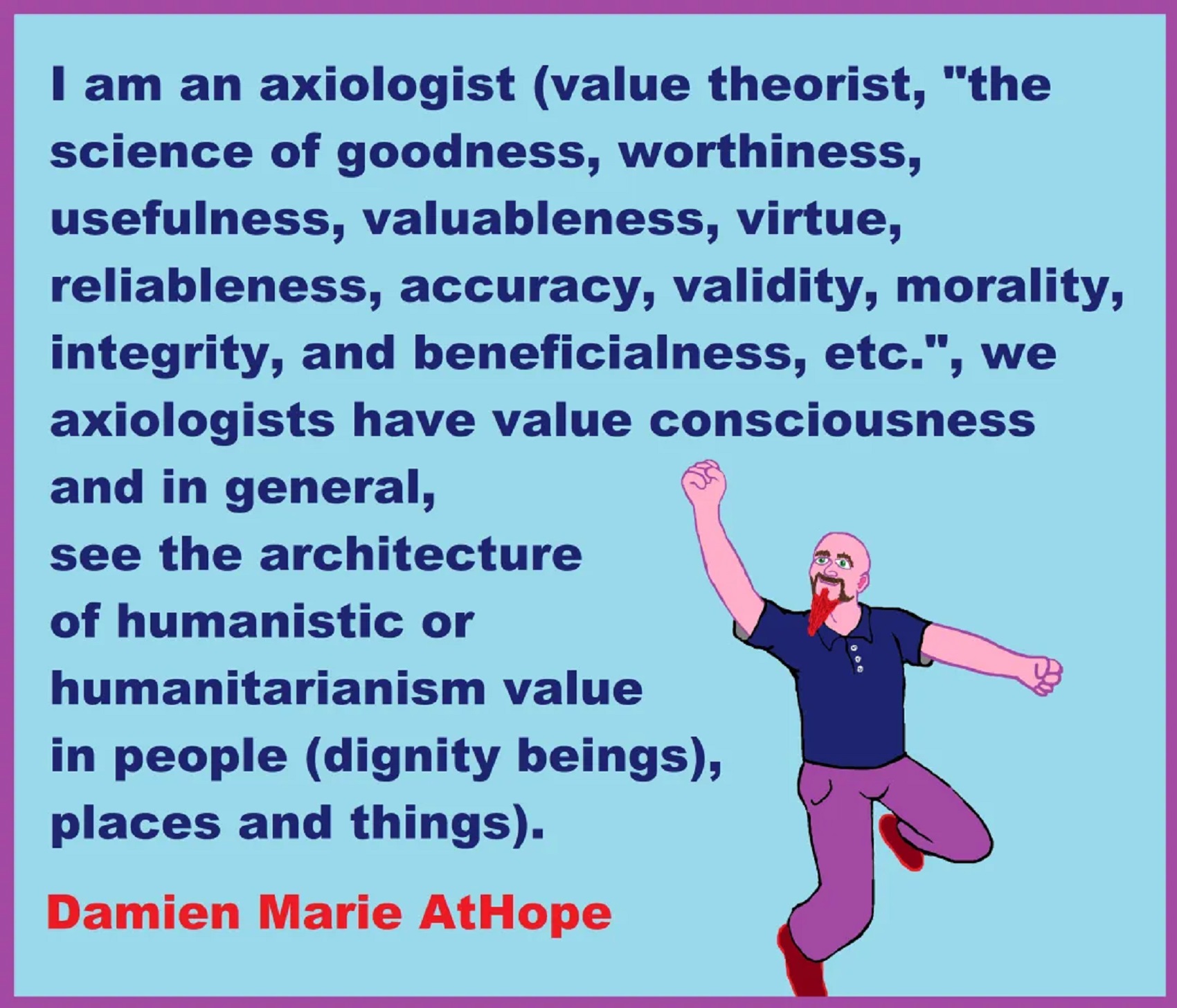
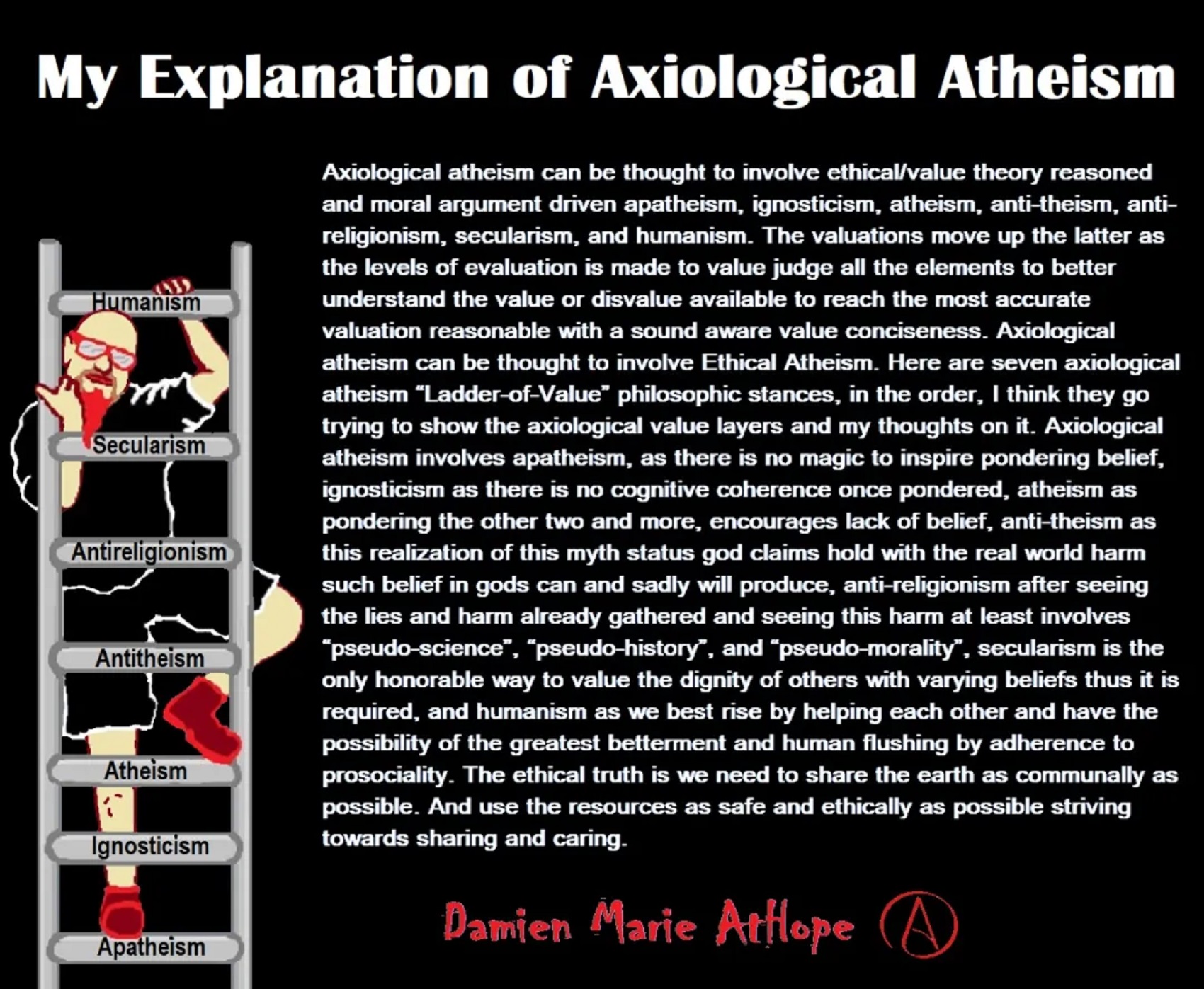
I am a “Scientific Axiology” minded “Philosophic Axiologist.”
*Philosophic Axiology (Value Theory)
*Scientific Axiology (Formal Axiology)
Axiological atheism can be thought to involve ethical/value theory reasoned and moral argument-driven apatheism, ignosticism, atheism, anti-theism, anti-religionism, secularism, and humanism. The valuations move up the latter as the levels of evaluation is made to value judge all the elements to better understand the value or disvalue available to reach the most accurate valuation reasonable with a sound aware value conciseness. Axiological atheism can be thought to involve Ethical Atheism. Below shows the 7 axiological atheism argument flow to show the value layers and my thoughts on it:
1. Apatheism: starts at real, we are born and by the fact reality is devoid of magic removes theological desires to understand the obvious naturalistic world, until we learn otherwise. (a “presumptive-value” failure, thus no motivation to adequately start the evaluation needed to understand if there is real value for an Axiology assessment to accurately place it in the value hierarchy). = no value2. Ignosticism: sees theological arguments and language as equivocation, contradictory, and/or un-cognitively relatable other than emotionalism or the like. I see Ignosticism as using the Theological non-cognitivism arguments of “mind understanding issues” (rationalism challenging) and an evidentialist/verificationist arguments of “lacking evidence issues” (empiricism challenging). As an atheist, I am a person who disbelieves or lacks belief in the existence of god or gods. In my non-belief, I am also ignostic feeling that every theological position assumes too much about the concept of god(s). As an ignostic, I am a person who rational no idea of anything from reality whatever to label as “a concept of god” thus I can say I have no idea of anything that can connect to the term god and no reason to think anyone else can either. (again a “presumptive-value” failure, no good Ontology of the thing for Identifying values that could influence belief but without what is needed to understand if there is real value for an axiology assessment to accurately place it in the value hierarchy). = no value
3. Atheism: How can we not reject the concept of gods, aka: supposed supreme magical beings, when not even some simple magic is supported in reality. So how then is it not even more ridiculous to claim some supreme magic aka: gods which are even further from reality. May I remind you that faith in the acquisition of knowledge is not a valid method worth believing in. Because, what proof is “faith”, of anything religion claims by faith, as many people have different faith even in the same religion? As an atheist, I am a person who disbelieves or lacks belief in the existence of god or gods. In my non-belief, I am also ignostic feeling that every theological position assumes too much about the concept of god(s). As an ignostic, I am a person who rational no idea of anything from reality whatever to label as “a concept of god” thus I can say I have no idea of anything that can connect to the term god and no reason to think anyone else can either. Atheists talk about gods and religions for the same reason doctors talk about cancer, they are looking for a cure or a firefighter talking about fires because they burn people and they care to stop them. We atheists too often feel a need to help the victim’s of mental slavery, held in the bondage that is the false beliefs of gods and the conspiracy theories of reality found in religions. If you think you believe in a god, “what do you mean by god,” saying a name tells me not one thing about the thing I am asking to know “its” beingness / thingness / attributes / qualities. Thus, what is the thing “god” to which you are talking about and I want you to explain its beingness /thingness / attributes/ qualities? Religious/theistic people with supernatural beliefs often seem as though they haven’t thought much about and that is something we can help using ontology questions about the beingness / thingness / attributes/ qualities they are trying to refer too. What do you mean by god, when you use the term god? And, I am not asking you for the name you attach to the thing you label as a god. I don’t need to know what the god you believe is known “by.” I am asking, what is the thing you are naming as a god and what that thing is, its qualities in every detail like all things have if they are real. Are you just making stuff up or guessing/hoping or just promoting unjustified ideas you want to believe, what is a god? As an atheist, I feel more wonder than I did as a theist because I thought, “big deal” to any wonder I experienced, thinking god could do anything. So with such an unrealistic mindset, everything lost its wonder but it’s the opposite as an atheist. As a theist, the world was full of superstitions and supernatural magic possibilities and thus utilized thinking that was not in the real world. As an atheist all I have now is the real world, not that all atheists seem to get this, we all are in a real world devoid of magic anything, therefore, everything adds to my feeling of awe. There should be little debate with atheist acknowledging discernable reality compared to theists with non-reality claims. Yes, I have way more awe and wonder as an atheist than I ever had as a theist because as a theist anything was possible with god. Therefore, as a theist things where not that amazing. However, as an atheist grasping what an absolute accidental or how random things are, with a 95 to 99 % of all life ever existing on this planet went extinct. I am thoroughly amazed we are even here the evolved children of ancient exploded stars, likely born in galaxies born in super-massive black holes, it’s all amazing. There is no evidence for Gods. But is their proposition outside of reason? As always start in reality from the evidence we do know, such as never in the history of scientific research or investigation has any supernatural claims shown to be true. So it is completely outside of possibility and is utterly ridiculous. Therefore, belief should be rejected as there are no warrants at all and it is axiologically unworthy to such a preponderance to demand disbelief. (yet again a “presumptive value” failure, no good Ontology of the thing not the cognitively meaningful claims relatable to reality that must be attached to all magic and gods claims for Identifying values that could influence belief but without what is needed to understand if there is real value for an axiology assessment to accurately place it in the value hierarchy).
4. Antitheism: Anti-theism requires more than either merely disbelieving in gods or even denying the existence of gods. Anti-theism requires a couple of specific and additional beliefs: first, that theism is harmful to the believer, harmful to society, harmful to politics, harmful, to culture, etc.; second, that theism can and should be countered in order to reduce the harm it causes. If a person believes these things, then they will likely be an anti-theist who works against theism by arguing that it be abandoned, promoting alternatives, or perhaps even supporting measures to suppress it. It’s worth noting here that, however, unlikely it may be in practice, it’s possible in theory for a theist to be an anti-theist.This may sound bizarre at first, but remember that some people have argued in favor of promoting false beliefs if they are socially useful. To me, I think many may have a misconception of the term. Atheism and anti-theism so often occur together at the same time and in the same person that it’s understandable if many individuals fail to realize that they aren’t the same. Making a note of the difference is important, however, because not every atheist is anti-theistic and even those who are, aren’t anti-theistic all the time. Atheism is simply the absence of belief in gods; anti-theism is a conscious and deliberate opposition to theism.Many atheists are also anti-theists, but not all and not always. To me as an antitheist, I see the concept of gods antihumanistic and wholly harmful to a free humanity and if the so-called gods somehow do end up being real that I will switch to direct opposition as I would any tyrant oppressing humanity. Antitheism (sometimes anti-theism) is a term used to describe an opposition to theism. The term has had a range of applications and definitions. In secular contexts, it typically refers to direct opposition to the validity of theism, but not necessarily to the existence of a deity. As an anti-theist, I am a person who is active in opposition to theism: both the concepts of god(s) as well as the religions that support them.This is because theistic concepts and theistic religions are harmful and that even if theistic beliefs were true, they would be undesirable. (And, again a “presumptive value” failure, of the other value challenges of the lesser evaluations and value judgments addressed in the apatheism, ignosticism, atheism value judgment conclusion and an Axiological Atheism assessment of the god concept that must be attached to all magic and gods claims Identifying a lack of value and/or disvalue that influence harm to real value in an axiology assessment to accurately place its value violations in the value hierarchy).
5. Antireligionism: Not just Atheist, axiological atheists should be antitheists but this generally will involve anti-religionism. it would generally thus hold anti-religionist thinking. Especially, I am an anti-religionist, not just an atheist, and here is why summed up in three ideas I am against. And, in which these three things are common in all religions: “pseudo-science”, “pseudo-history”, and “pseudo-morality”. And my biggest thing of all is the widespread forced indoctrination of children, violating their free choice of what to not believe or believe, I hate forced hereditary religion. And my biggest thing of all is the widespread forced indoctrination of children, violating their free choice of what to not believe or believe, I hate forced hereditary religion. As well as wish to offer strong critiques regarding the pseudo-meaning of the “three letter noise” people call “G.o.d” (group originated delusion)!As an anti-religionist, I am a person who can look at religion on the whole and see it is detrimental to the progress of humanity thus am in opposition to all and every religion, not even just opposition to organized religion. In case you were wondering, I am anti-pseudoscience, anti-supernatural, and anti-superstition as well. May I not be a silent watcher as millions of children are subjugated almost before their birth let alone when they can understand thought and are forcibly coerced, compelled, constrained, and indoctrinated in the mental pollution that religion can be. My main goal against religion is to fully stop as much as possible forced indoctrination, one could ask but then why do I challenge all adults faith?Well, who do you think is doing the lying to children in the first place. End Hereditary religion, if its a belief let them the equal right to choose to believe. “Religion is an Evolved Product” and Yes, Religion is Like Fear Given Wings… (And, one last time a “presumptive value” failure, of the other value challenges of the lesser evaluations and value judgments addressed in the apatheism, ignosticism, atheism value judgment conclusion and an Axiological Atheism assessment of the god concept and anti-theism assessment of the god show not just a lack of value but a possibly or likely harm demonstrating bot just a lack of value but a real disvalue and that includes the religions potentially removing value in an axiology assessment to accurately place it in the value hierarchy).
6. Secularism: is the only honorable way to value the dignity of others. If it was not true that there is a large unequal distribution of religion contributing to violence then there would be equal religion and atheist secularism violence. You do not see atheists bombing agnostics the very idea is laughable however even different branches of the same religion do will and have killed one another. So, violence not who we are it’s something we need to be compelled to do. Therefore, please support secularism. We are all one connected human family, proven by DNA showing we should treat each other as fellow dignity beings, supported equally (no gods and no masters). States may often have powers, but only citizens have the glue of morality we call rights. And, as they say, in my “dream society”, lots of things are free (aka. planting free food everywhere, free to everyone); but I wonder what you mean when people say you can’t just let things be free, I think, yeah, how can I take free stuff from a free earth.If one observes the virtues of (T. R. U. E. “The Rational Universal Ethics” or “The Responsible Universal Ethics”) that connect to all things as that of the connectedness equality like those which mirror the rays of the sun, fall down equally with a blind but fair indifference. (what is being expressed is that this sun shining will not favor one over another, no, the same upon everyone offering its light to all plant, animal, human, women, men, single or married, homosexual, bisexual, heterosexual, nonreligious, religious, people of means and those without, able-bodied and those which special needs, people of color, and those who are not, those with access to resources and those which out, young and elderly, etc.) All who wish to follow T. R. U. E. thus embodying a universalize equalitarian standard of ethics should strive to be like a ray of connected light to the world, shining equally and freedom to all of the world by such efforts a nonbiased unitive ethical approach is possible, one would have an increase in positive feelings to help others understanding equalitarian connectedness. If you don’t think different you will not behave differently, if you have never lived differently it is hard to see things differently and if you do not strive to understand difference one is thus unknowingly or not bound by limited encapsulation. I am for a Free Secular Society. I am not for oppression or abuse of religious believer and want a free secular society with both freedoms of religion and freedom from religion. Even though I wish the end of faith and believing in myths and superstition, I wish this by means of informing the willing and not force of the unwilling. I will openly challenge and rebuff religious falsehoods and misunderstanding as well as rebuke and ridicule harmful or unethical religious ideology or behavior.
7. Humanism: is the philosophic thinking that humans can solve human problems by human means, without feeling a need to appeal to the likes of holy books, mystical anything, nor the belief in gods or religions. But, instead, aspires to a true belief in humanity, viewing it with a persuasion of equality. This caring realist thinking found in humanism utilizes an unstated assumption or aspiration, to do no harm as much as possible and to do good whenever one can.Moreover, we are all one connected human family, proven by DNA showing we should treat each other as fellow dignity beings, supported equally. And, no one really owns the earth, we may make claims to it even draw lines on maps thinking this makes the fantasy borders, illusion supported by force and the potential for threat. Thus the ethical truth is we need to share the earth as communally as possible. And use the resources as safe and ethically as possible striving towards sharing and caring. (do no Harm and do good = Humanism). My core definition of humanism is that humans can solve human problems by human means. I am not saying other things can’t or shouldn’t be added to it but to me, a definition of humanism must always contain something coherent to such a thinking or not contradict such as I have offered. Thus, why it is appropriate to say “good without god” when one is a humanist.
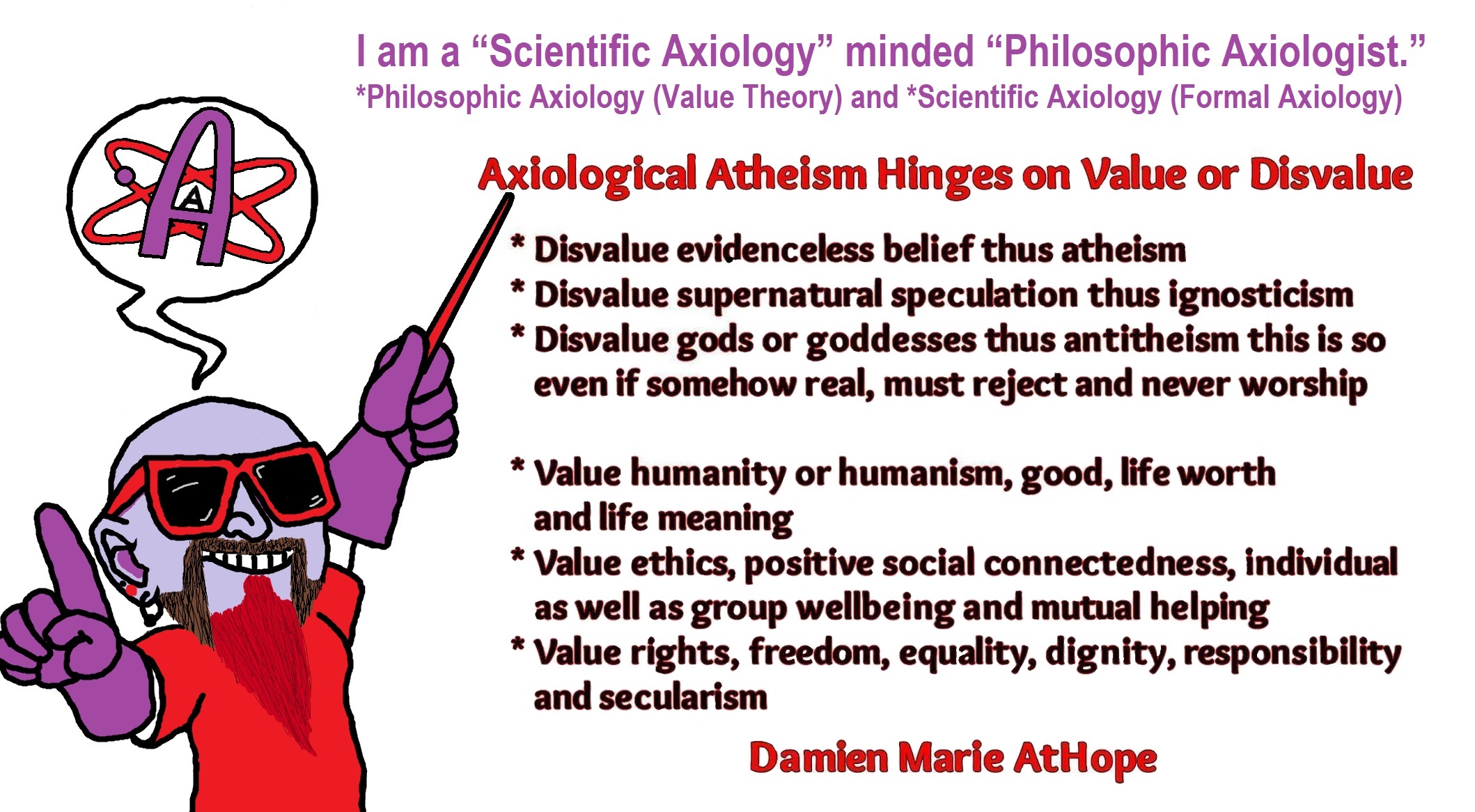
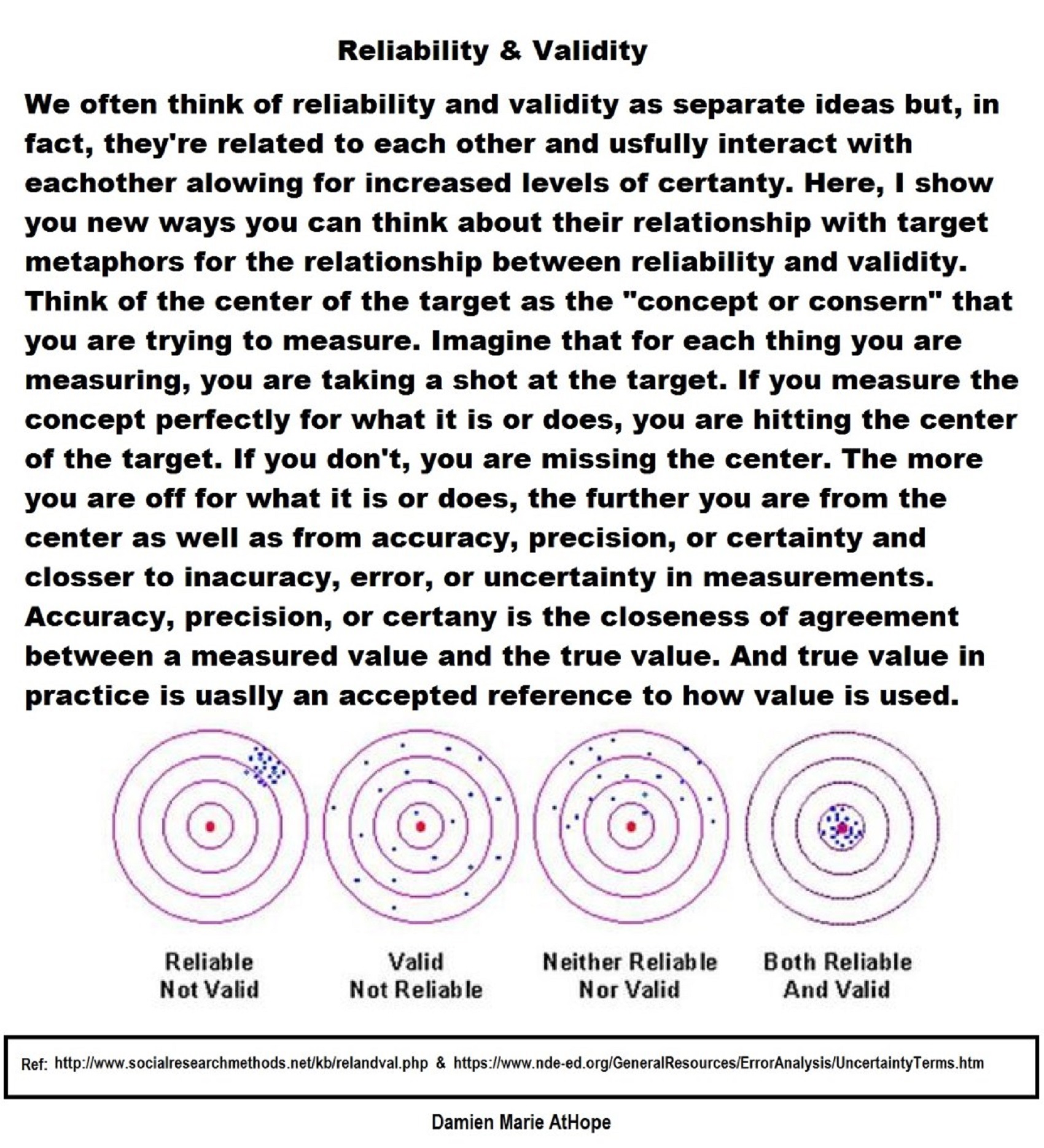
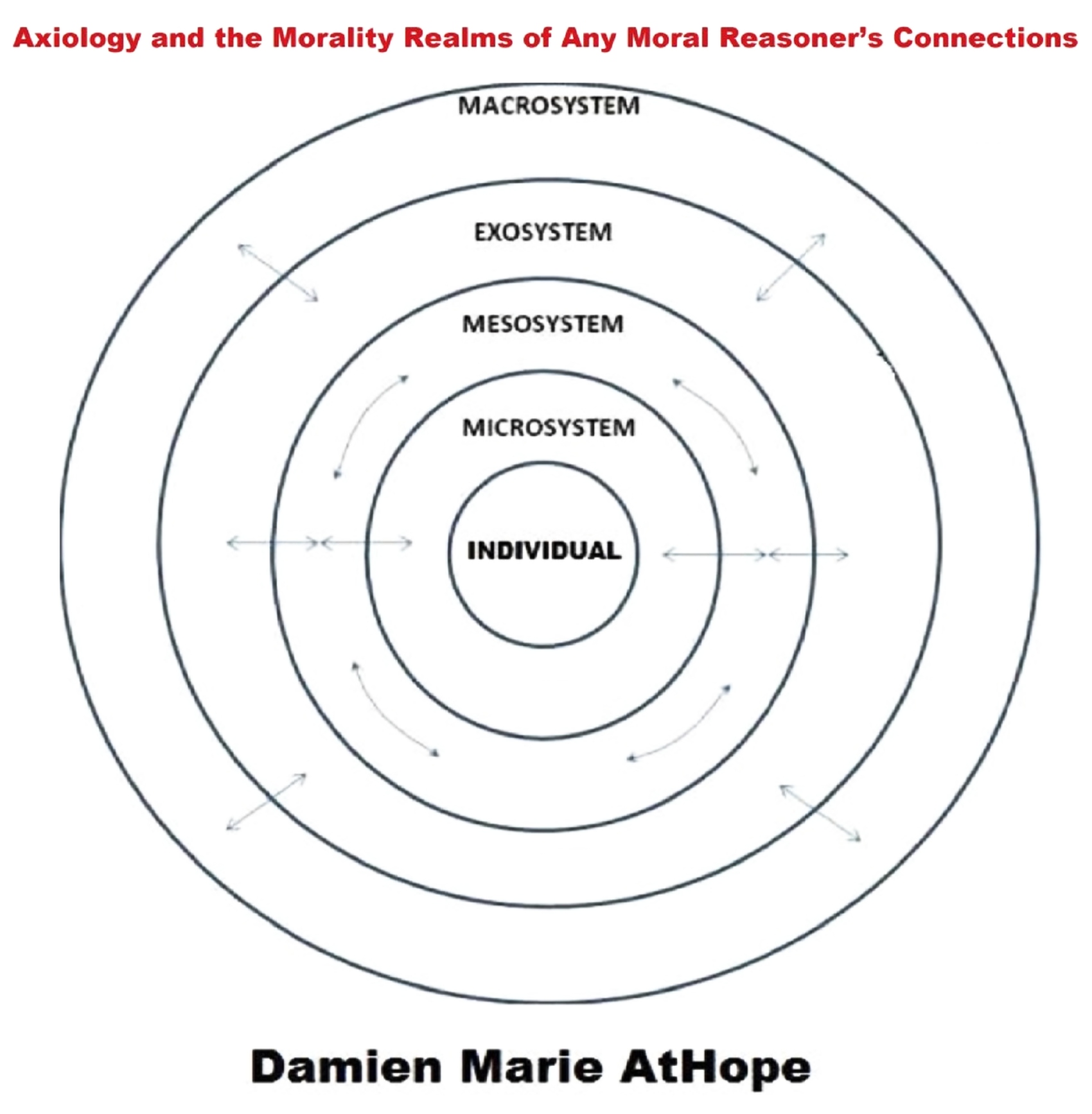
Axiology and the Morality Realms of Any Moral Reasoner’s Connections
Reasoned Axiological thinking on morality realms, of any moral reasoner’s connections, and the moral weight they could motivate or affect in any assessed or concluded valuation, they use in making an ultimate choice of behavior. The axiological Valuation approach to moral decision-making would likely use an Ecological Systems Theory modal. And in order to conceptualize “value” you need to understand the environmental contexts, five ecological systems:
- Individual: Usually highest value, though for some people, family members may have the same or higher value than themself.
- Microsystem: Usually the next highest value is placed with the closest relationships to an individual and encompasses interpersonal relationships and direct interactions with immediate surroundings, for example, family members or friends of friends.
- Mesosystem: Usually includes close to semi-close relationships, for example, family friends or friends of friends.
- Exosystem: Usually only involves things such as semi or not directly involved individuals, for example, people at one’s job, people at places you frequent, then moving out and lessening in assessed value as it goes to further removed or extended networks of connectedness or relatedness. Such as the likely value distinctions in the value of the people in one’s city, the people in one’s state, the people in one’s geographic location, region, and/or county, then their perceived home or chosen country.
- Macrosystem: Usually involving all other people outside their likely value distinctions in the value of the people in one’s city, the people in one’s state, the people in one’s geographic location, region, and/or county, then their perceived home or chosen country. Others not often even acknowledged or if assess generally not as favored as the known. As we seem to hold a tendency to overreact with fear at the different or unknown or even the unfamiliar. What we don’t understand, we come to fear. What we fear we learn to hate and often what we hate we seek to destroy. Thus, for clear thinking and ultimately good acting, we should fight such destructive fear. This area of connectedness relates to its farthest possible extent involving the entire world.
Ecological systems theory
“Ecological systems theory (also called development ‘ relationships within communities and the wider society. The theory is also commonly referred to as the ecological/systems framework. It identifies five environmental systems with which an individual interacts.” ref
- “Microsystem: Refers to the institutions and groups that most immediately and directly impact the child’s development including: family, school, religious institutions, neighborhood, and peers.” ref
- “Mesosystem: Consists of interconnections between the microsystems, for example between the family and teachers or between the child’s peers and the family.” ref
- “Exosystem: Involves links between social settings that do not involve the child. For example, a child’s experience at home may be influenced by their parent’s experiences at work. A parent might receive a promotion that requires more travel, which in turn increases conflict with the other parent resulting in changes in their patterns of interaction with the child.” ref
- “Macrosystem: Describes the overarching culture that influences the developing child, as well as the microsystems and mesosystems embedded in those cultures. Cultural contexts can differ based on geographic location, socioeconomic status, poverty, and ethnicity. Members of a cultural group often share a common identity, heritage, and values. Macrosystems evolve across time and from generation to generation.” ref
- “Chronosystem: Consists of the pattern of environmental events and transitions over the life course, as well as changing socio-historical circumstances. For example, researchers have found that the negative effects of divorce on children often peak in the first year after the divorce. By two years after the divorce, family interaction is less chaotic and more stable. An example of changing sociohistorical circumstances is the increase in opportunities for women to pursue a career during the last thirty years.” ref
“Later work by Bronfenbrenner considered the role of biology in this model as well; thus the theory has sometimes been called the Bioecological model. Per this theoretical construction, each system contains roles, norms, and rules which may shape psychological development. For example, an inner-city family faces many challenges which an affluent family in a gated community does not, and vice versa. The inner-city family is more likely to experience environmental hardships, like crime and squalor. On the other hand, the sheltered family is more likely to lack the nurturing support of extended family.” ref
“Since its publication in 1979, Bronfenbrenner’s major statement of this theory, The Ecology of Human Development has had widespread influence on the way psychologists and others approach the study of human beings and their environments. As a result of his groundbreaking work in human ecology, these environments — from the family to economic and political structures — have come to be viewed as part of the life course from childhood through adulthood.” ref
“Bronfenbrenner has identified Soviet developmental psychologist Lev Vygotsky and German-born psychologist Kurt Lewin as important influences on his theory. Bronfenbrenner’s work provides one of the foundational elements of the ecological counseling perspective, as espoused by Robert K. Conyne, Ellen Cook, and the University of Cincinnati Counseling Program. There are many different theories related to human development. Human ecology theory emphasizes environmental factors as central to development.” ref
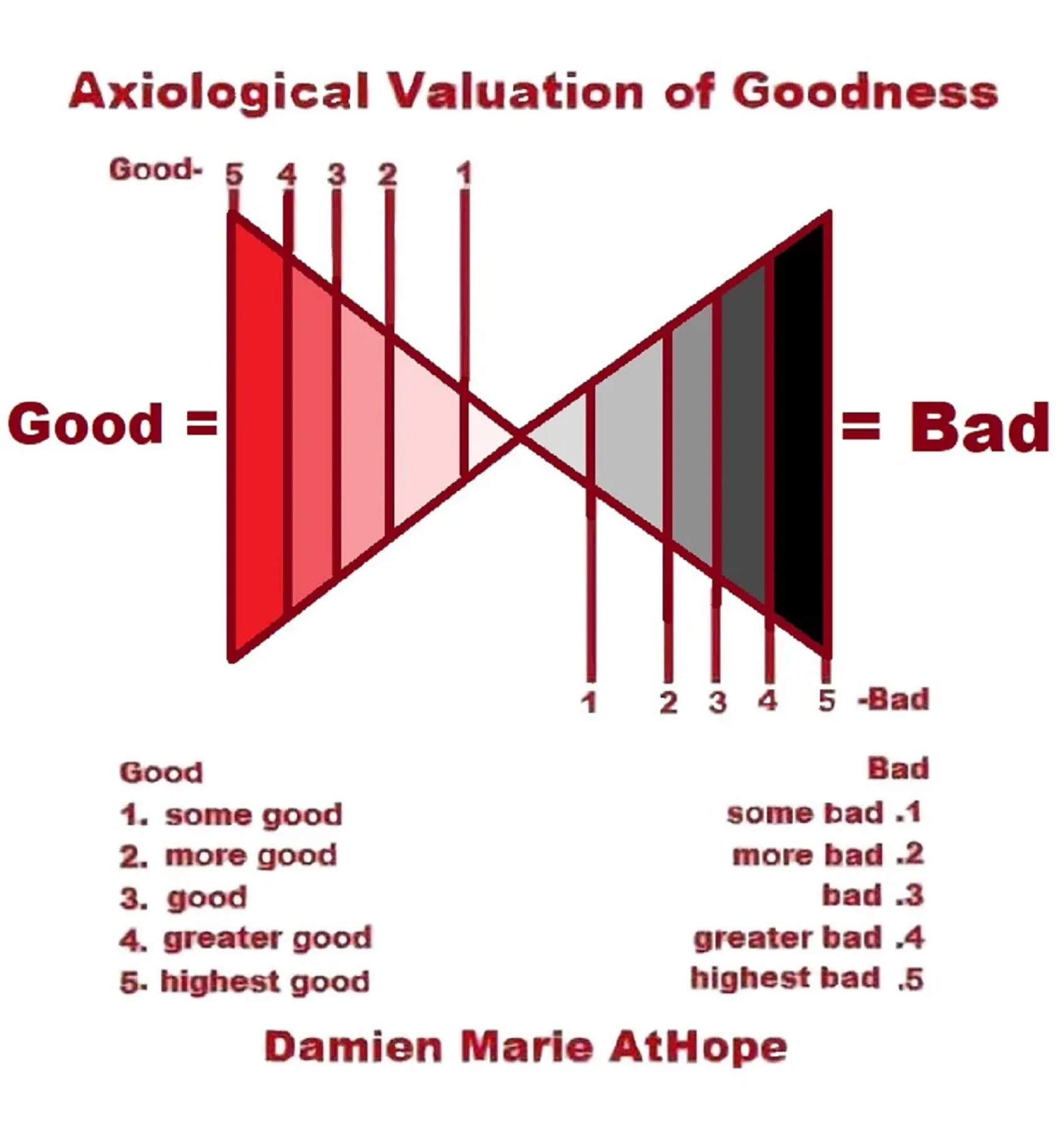
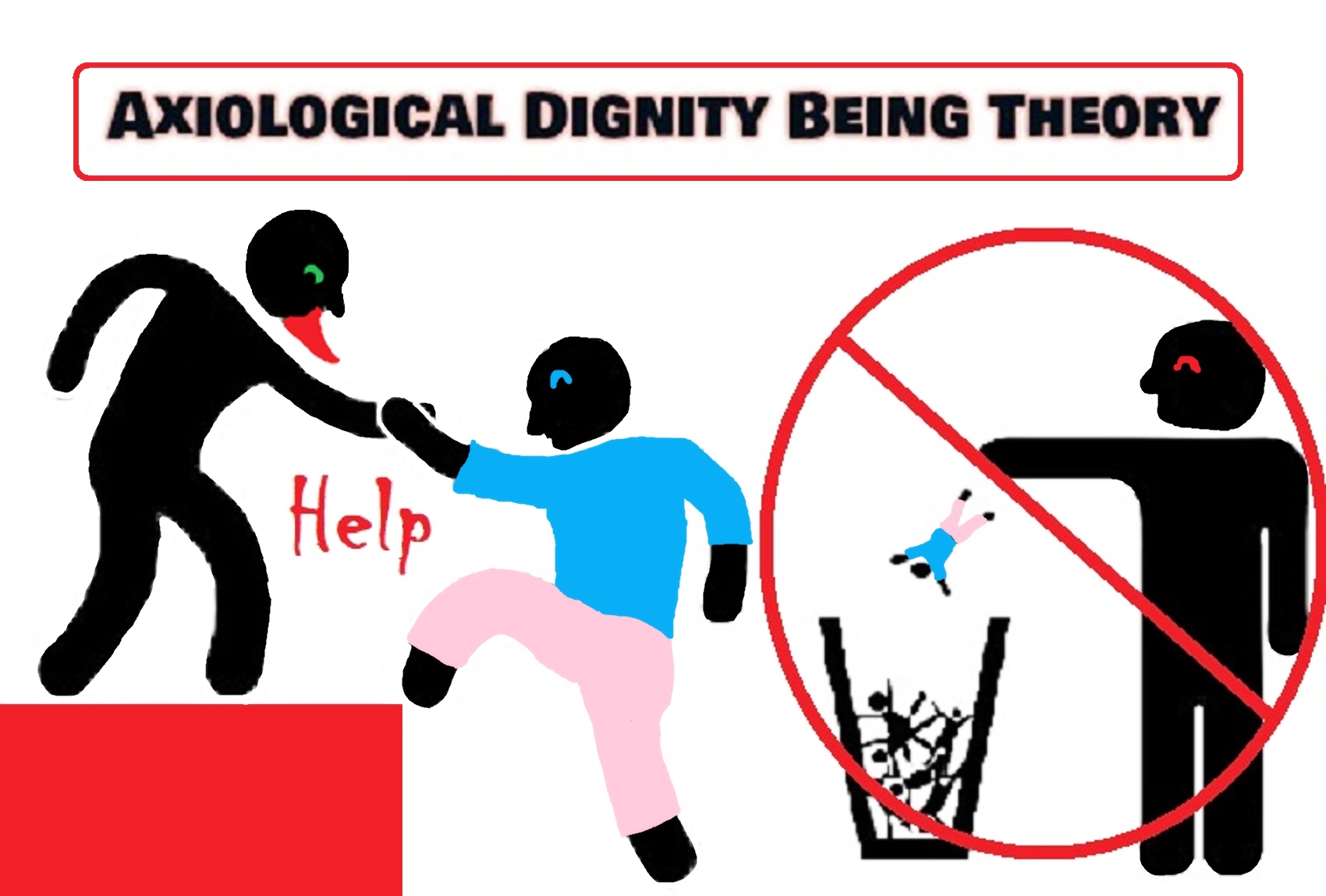
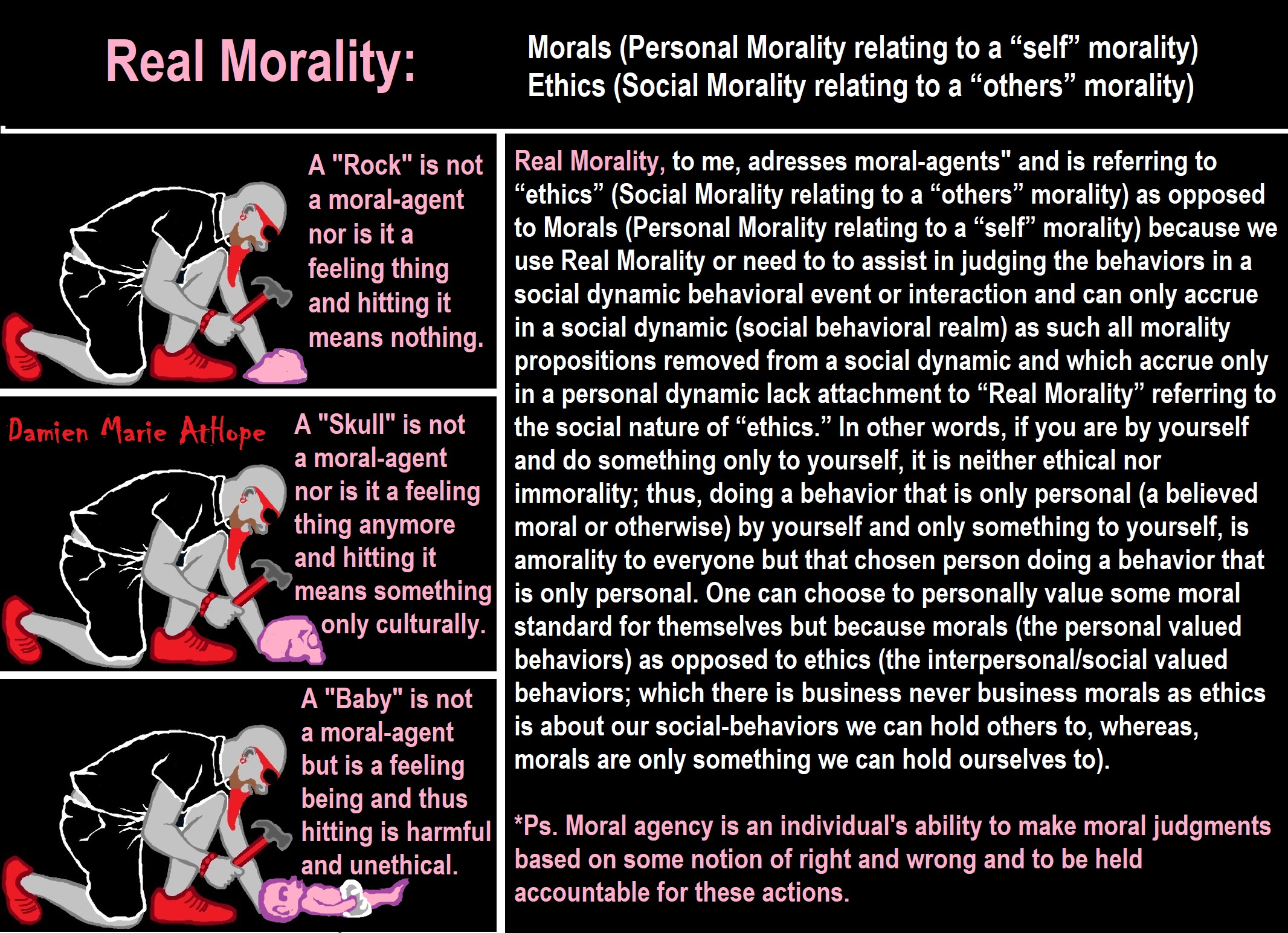
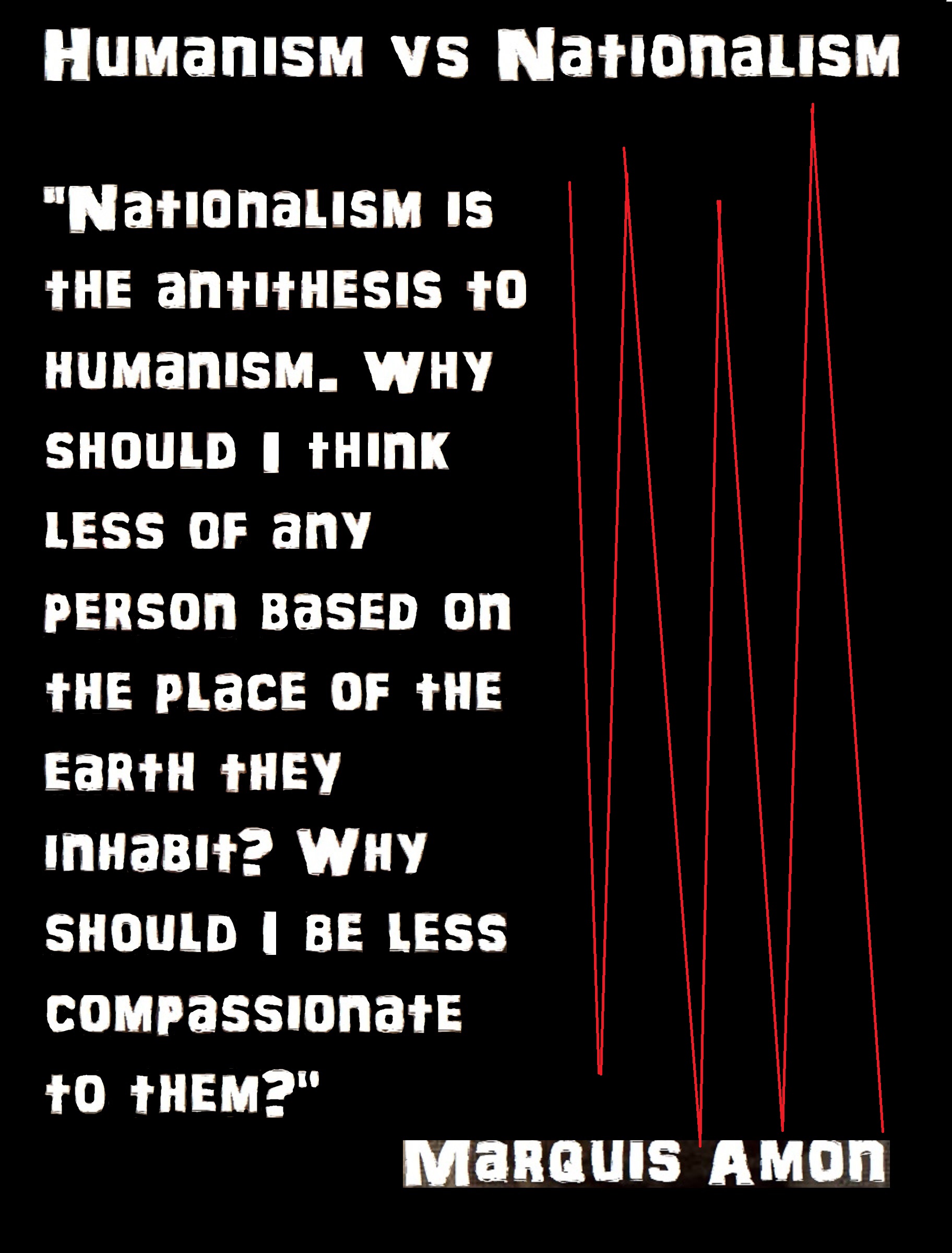
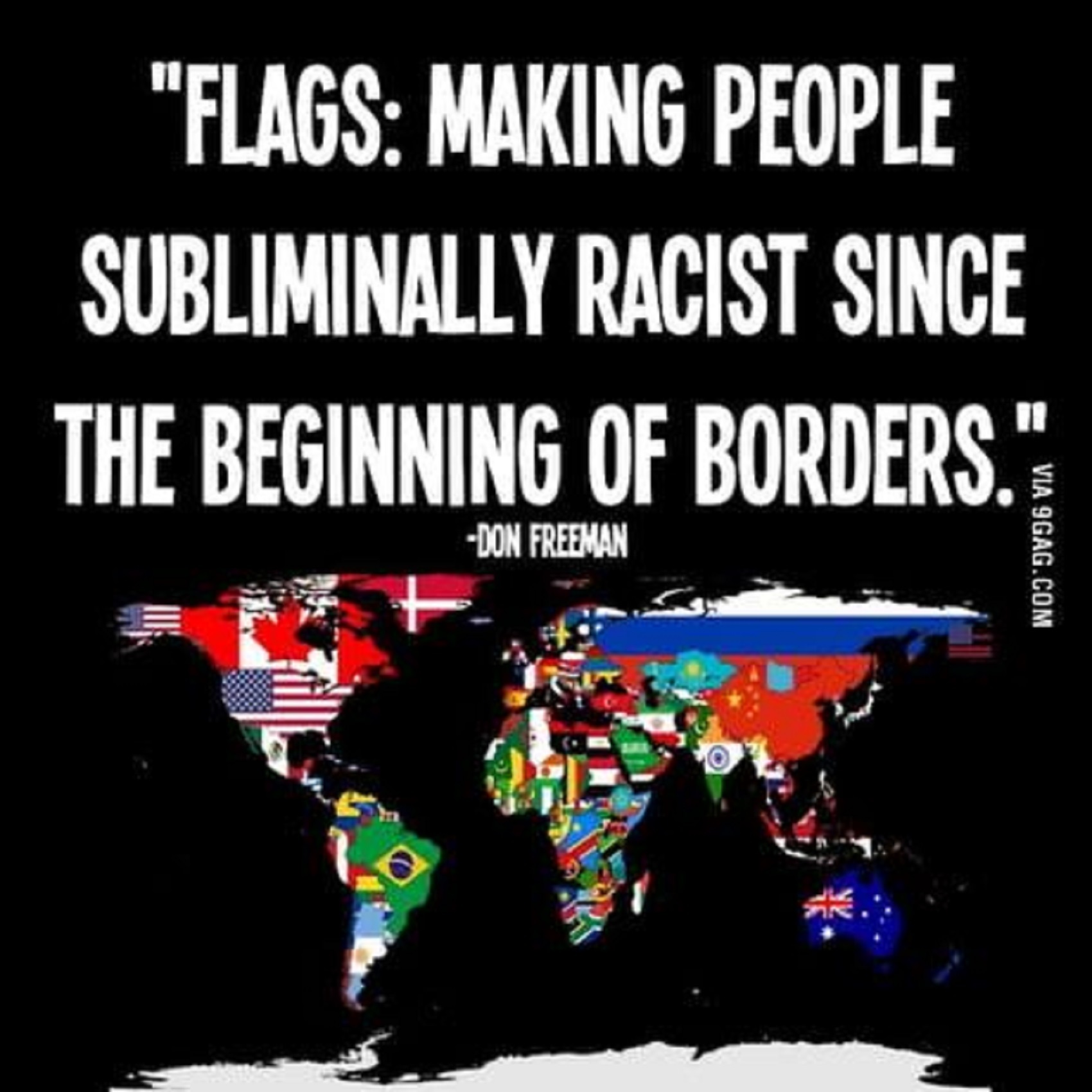
“Axiology is vital to the argument of atheism as atheism uses axiology for its justification. Many atheists even argue some agnostic position that we are unable to know that god doesn’t exist with absolute certainty. Yet these arguments are irrational because the very nature of god is a supposition that lacks any evidence. If we treat the concept of a god as a theory using axiology, we see that there are obvious problems. Firstly the invention of god fails to address itself. If god exists and created the universe, how did it come to be? What is this god composed of? How does it operate? Secondly, it ignores the very question we first aim to address. How was the universe created? God would be the who. Yet, the problem is that we have no evidence that anyone created it. That it exists as a natural phenomenon of physics. Now, we both agree that the universe exists and is comprised of physical properties, it would be more logical to examine those and try to reverse engineer it. Ironically this is what many scientists are trying to do, from life, to the beginning of the universe. God is a useless concept in terms of axiology because nothing, in reality, supports it. If we argue outside reality then your pink-ass dragging unicorn is equally valid…We aren’t going to argue its existence, so why would we any god?”
“Sorry for an additional post, but your article covers several topics and for readers’ convenience, I wanted to separate them. The argument of morality is indeed axiological. It is not religious-based. You have written articles on evolution and the prosocial development of human species which was enhanced through cognitive increase. Yet rather than individual capability greater success was achieved through cooperation. The neanderthals hunted cave bears as a group employing strategy and tactics against a very dangerous predator. Success was not just killing the bears, but avoiding the neanderthals being injured or killed. Why does this relate to your article? The answer is having real value of a human and its life. The relation to our actions in reality and how they affect others can be objectively measured, that is why we have laws against murder and assault, we can clearly demonstrate that there is harm in these things and should avoid doing them without justification. (defense) We can make the same connections with things like property and theft. We can directly see how loss of property from a theft may negatively affect a person, and thus we do not steal, we don’t need a god to tell us this, Then there is the psychological aspects that people seem to just be beginning to truly understand. That is things like emotion, the reality of psychology, and how it affects a person. I think only now are we starting to embrace positive psychology which is used in things like sports to improve performance. Ironically, our warrior culture mentality has long stood in our way of truly being the best we can be as human beings. For us to achieve the best we can, we must unite as a species, because what we do in this world affects us all. Mazlow wrote about this and how a society and individual are ultimately indivisible because a society is comprised of individuals. You wrote about that, too.”
“I also want to address the value theory in terms of the value of a theory itself. Is it true? Can it be proven so? Does the execution of the theory, in reality, have positive or negative effects? There are internal(relating to oneself, self-esteem, personal views such as politics, position on issues) and then the implementation of those things in reality. You support the concept of traffic lights and seatbelts, because studies and real-world incidents support the ideas. Only recently have we begun to understand the reality of nonphysical abuse as harmful. In fact, your positivity in your responses offers the responder the opportunity to grow and take a better worldview because your positions actually are aimed at improving both individuals and society. A society of aggressive- violent, antiscience people would not be a good one. My point about nonphysical abuse is that it has real-world effects. People say they are just words, but so are the words “I love you” particularly uttered by ones we care about, What kind of thinking is it to expect negativity to truly produce positive results? Negative reinforcement training may show results, but people often overlook the harm that comes with it. On the other hand, both of us have embarked on a positive interaction using logic and reason and the discussion occurred between us. The purpose of which was to discuss ideas and even in your short responses, you have demonstrated your methodology.”
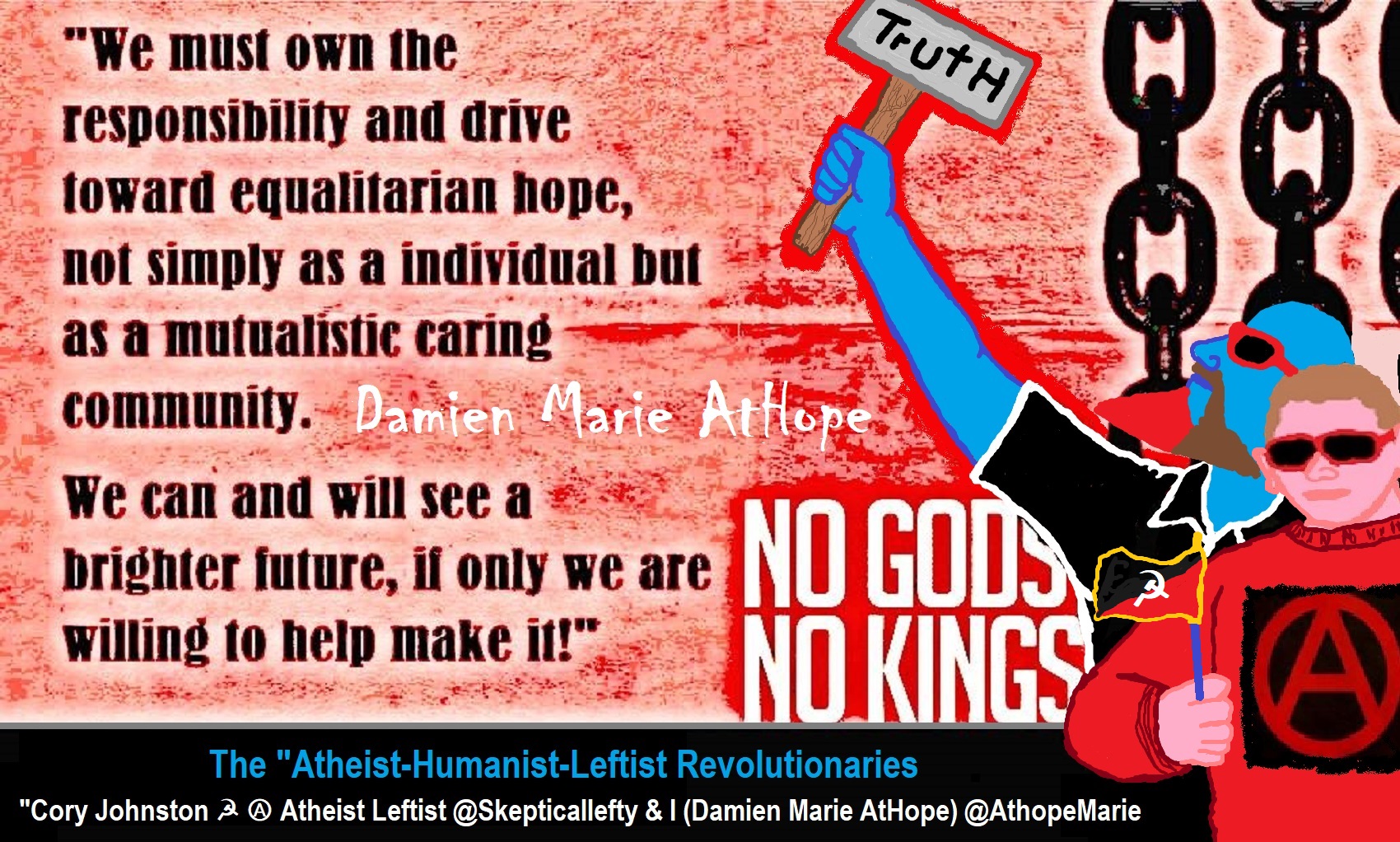
While hallucinogens are associated with shamanism, it is alcohol that is associated with paganism.
The Atheist-Humanist-Leftist Revolutionaries Shows in the prehistory series:
Show two: Pre-animism 300,000 years old and animism 100,000 years old: related to “Anarchism and Socialism”
Show tree: Totemism 50,000 years old: related to “Anarchism and Socialism”
Show four: Shamanism 30,000 years old: related to “Anarchism and Socialism”
Show five: Paganism 12,000 years old: related to “Anarchism and Socialism”
Show six: Emergence of hierarchy, sexism, slavery, and the new male god dominance: Paganism 7,000-5,000 years old: related to “Anarchism and Socialism” (Capitalism) (World War 0) Elite and their slaves!
Prehistory: related to “Anarchism and Socialism” the division of labor, power, rights, and recourses: VIDEO
Pre-animism 300,000 years old and animism 100,000 years old: related to “Anarchism and Socialism”: VIDEO
Totemism 50,000 years old: related to “Anarchism and Socialism”: VIDEO
Shamanism 30,000 years old: related to “Anarchism and Socialism”: VIDEO
Paganism 12,000 years old: related to “Anarchism and Socialism” (Pre-Capitalism): VIDEO
Paganism 7,000-5,000 years old: related to “Anarchism and Socialism” (Capitalism) (World War 0) Elite and their slaves: VIEDO
Paganism 5,000 years old: progressed organized religion and the state: related to “Anarchism and Socialism” (Kings and the Rise of the State): VIEDO
Paganism 4,000 years old: related to “Anarchism and Socialism” (First Moralistic gods, then the Origin time of Monotheism): VIEDO
I do not hate simply because I challenge and expose myths or lies any more than others being thought of as loving simply because of the protection and hiding from challenge their favored myths or lies.
The truth is best championed in the sunlight of challenge.
An archaeologist once said to me “Damien religion and culture are very different”
My response, So are you saying that was always that way, such as would you say Native Americans’ cultures are separate from their religions? And do you think it always was the way you believe?
I had said that religion was a cultural product. That is still how I see it and there are other archaeologists that think close to me as well. Gods too are the myths of cultures that did not understand science or the world around them, seeing magic/supernatural everywhere.
I personally think there is a goddess and not enough evidence to support a male god at Çatalhöyük but if there was both a male and female god and goddess then I know the kind of gods they were like Proto-Indo-European mythology.
*Next is our series idea that was addressed in, Anarchist Teaching as Free Public Education or Free Education in the Public: VIDEO
Our future video series: Organized Oppression: Mesopotamian State Force and the Politics of power (9,000-4,000 years ago) adapted from: The Complete and Concise History of the Sumerians and Early Bronze Age Mesopotamia (7000-2000 BC): https://www.youtube.com/watch?v=szFjxmY7jQA
Show #1: Mesopotamian State Force and the Politics of Power (Samarra, Halaf, Ubaid)
Show #2: Mesopotamian State Force and the Politics of Power (Eridu “Tell Abu Shahrain”)
Show #3: Mesopotamian State Force and the Politics of Power (Uruk and the First Cities)
Show #4: Mesopotamian State Force and the Politics of Power (First Kings)
Show #5: Mesopotamian State Force and the Politics of Power (Early Dynastic Period)
Show #6: Mesopotamian State Force and the Politics of Power (King/Ruler Lugalzagesi)
Show #7: Mesopotamian State Force and the Politics of Power (Sargon and Akkadian Rule)
Show #9: Mesopotamian State Force and the Politics of Power (Gudea of Lagash and Utu-hegal)
Show #12: Mesopotamian State Force and the Politics of Power (Aftermath and Legacy of Sumer)
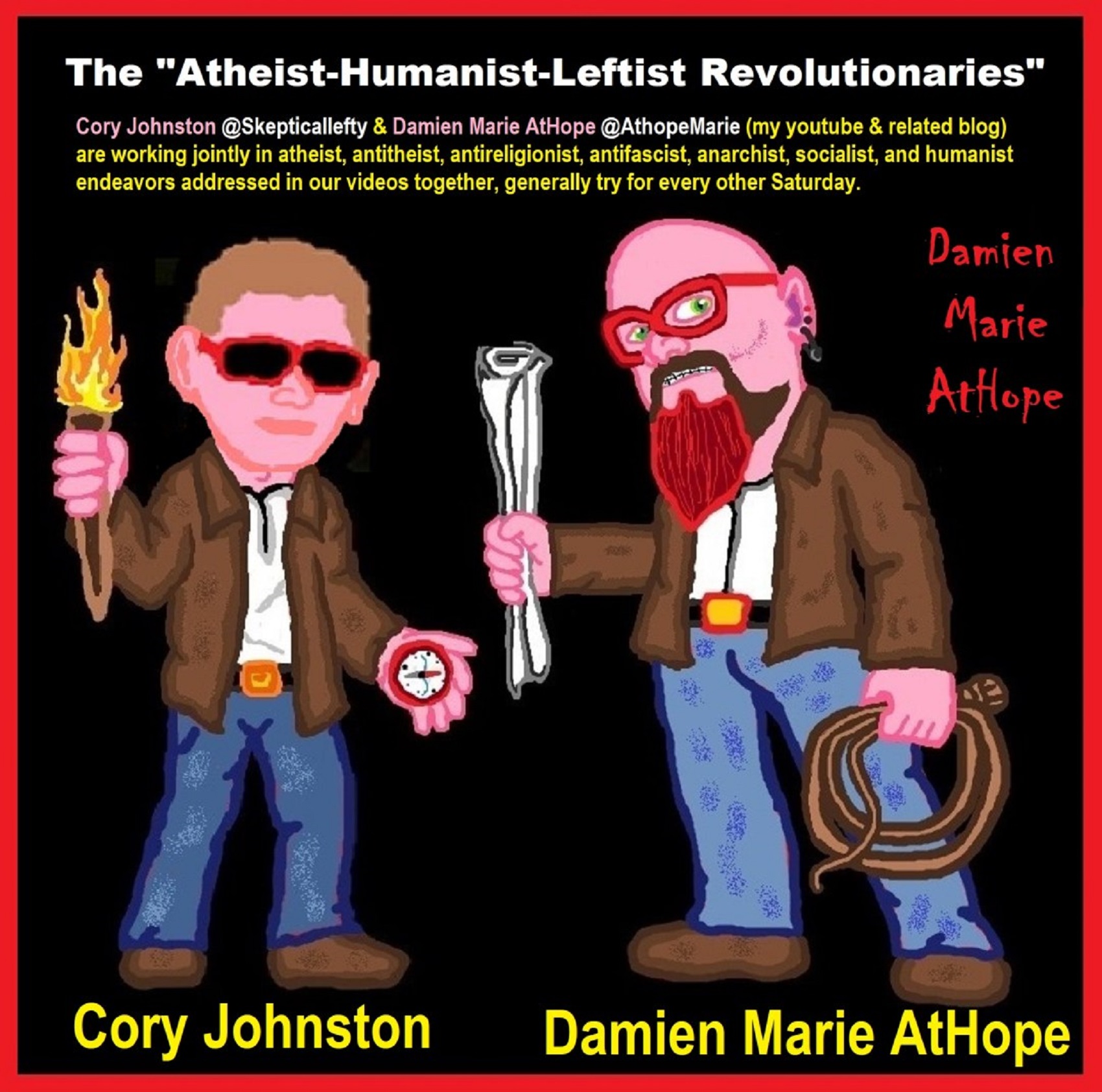
The “Atheist-Humanist-Leftist Revolutionaries”
Cory Johnston ☭ Ⓐ Atheist Leftist @Skepticallefty & I (Damien Marie AtHope) @AthopeMarie (my YouTube & related blog) are working jointly in atheist, antitheist, antireligionist, antifascist, anarchist, socialist, and humanist endeavors in our videos together, generally, every other Saturday.
Why Does Power Bring Responsibility?
Think, how often is it the powerless that start wars, oppress others, or commit genocide? So, I guess the question is to us all, to ask, how can power not carry responsibility in a humanity concept? I know I see the deep ethical responsibility that if there is power their must be a humanistic responsibility of ethical and empathic stewardship of that power. Will I be brave enough to be kind? Will I possess enough courage to be compassionate? Will my valor reached its height of empathy? I as everyone earns our justified respect by our actions, that are good, ethical, just, protecting, and kind. Do I have enough self-respect to put my love for humanity’s flushing, over being brought down by some of its bad actors? May we all be the ones doing good actions in the world, to help human flourishing.
I create the world I want to live in, striving for flourishing. Which is not a place but a positive potential involvement and promotion; a life of humanist goal precision. To master oneself, also means mastering positive prosocial behaviors needed for human flourishing. I may have lost a god myth as an atheist but I am happy to tell you my friend, it is exactly because of that, leaving the mental terrorizer, god belief that I truly regained my connected ethical as well as kind humanity.
Cory and I will talk about prehistory and theism, addressing the relevance to atheism, anarchism, and socialism.
At the same time of the rise of the male god 7,000 years ago was also the very time there was the rise of violence war, and clans to kingdoms, then empires, then states. It is all connected back to 7,000 years ago and it mover across the world.
Cory Johnston: https://damienmarieathope.com/2021/04/cory-johnston-mind-of-a-skeptical-leftist/?v=32aec8db952d
The Mind of a Skeptical Leftist (YouTube)
Cory Johnston: Mind of a Skeptical Leftist @Skepticalcory
The Mind of a Skeptical Leftist By Cory Johnston: “Promoting critical thinking, social justice, and left-wing politics by covering current events and talking to a variety of people. Cory Johnston has been thoughtfully talking to people and attempting to promote critical thinking, social justice, and left-wing politics.”
Cory Johnston ☭ Ⓐ @Skepticallefty Evidence-based atheist leftist (he/him) Producer, host, and co-host of 4 podcasts @skeptarchy @skpoliticspod and @AthopeMarie
http://anchor.fm/skepticalleft
He needs our support. We rise by helping each other.
Damien Marie AtHope (“At Hope”) Axiological Atheist, Anti-theist, Anti-religionist, Secular Humanist. Rationalist, Writer, Artist, Poet, Philosopher, Advocate, Activist, Psychology, and Armchair Archaeology/Anthropology/Historian.
Damien is interested in: Freedom, Liberty, Justice, Equality, Ethics, Humanism, Science, Atheism, Antiteism, Antireligionism, Ignosticism, Left-Libertarianism, Anarchism, Socialism, Mutualism, Axiology, Metaphysics, LGBTQI, Philosophy, Advocacy, Activism, Mental Health, Psychology, Archaeology, Social Work, Sexual Rights, Marriage Rights, Woman’s Rights, Gender Rights, Child Rights, Secular Rights, Race Equality, Ageism/Disability Equality, Etc. And a far-leftist, “Anarcho-Humanist.”
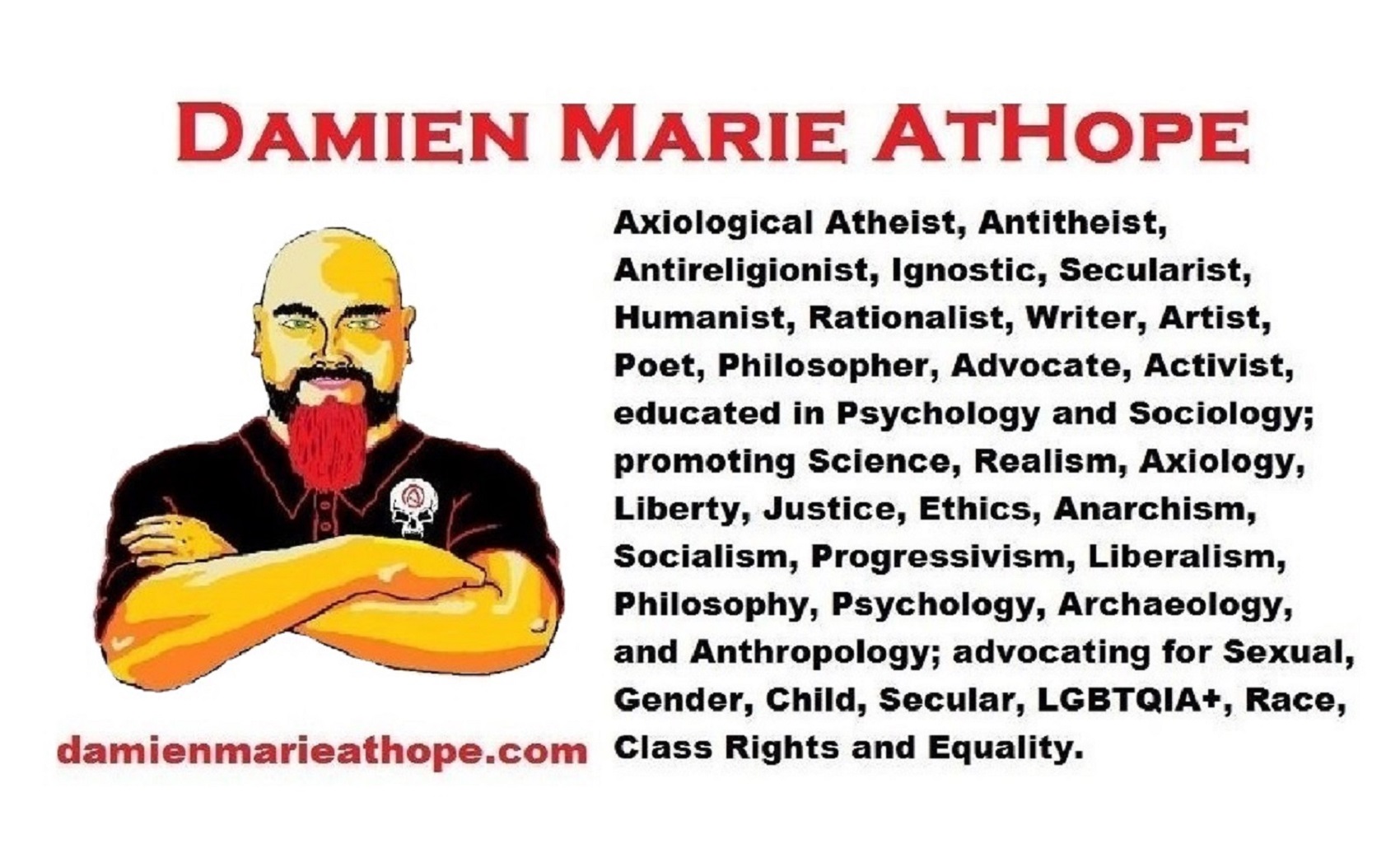
Art by Damien Marie AtHope
Damien Marie AtHope (Said as “At” “Hope”)/(Autodidact Polymath but not good at math):
Axiological Atheist, Anti-theist, Anti-religionist, Secular Humanist, Rationalist, Writer, Artist, Jeweler, Poet, “autodidact” Philosopher, schooled in Psychology, and “autodidact” Armchair Archaeology/Anthropology/Pre-Historian (Knowledgeable in the range of: 1 million to 5,000/4,000 years ago). I am an anarchist socialist politically. Reasons for or Types of Atheism
My Website, My Blog, My (free accesses) Patreon, My (free accesses) Patreon Blog & Short-writing or Quotes My YouTube, Twitter: @AthopeMarie, and My Email: damien.marie.athope@gmail.com

